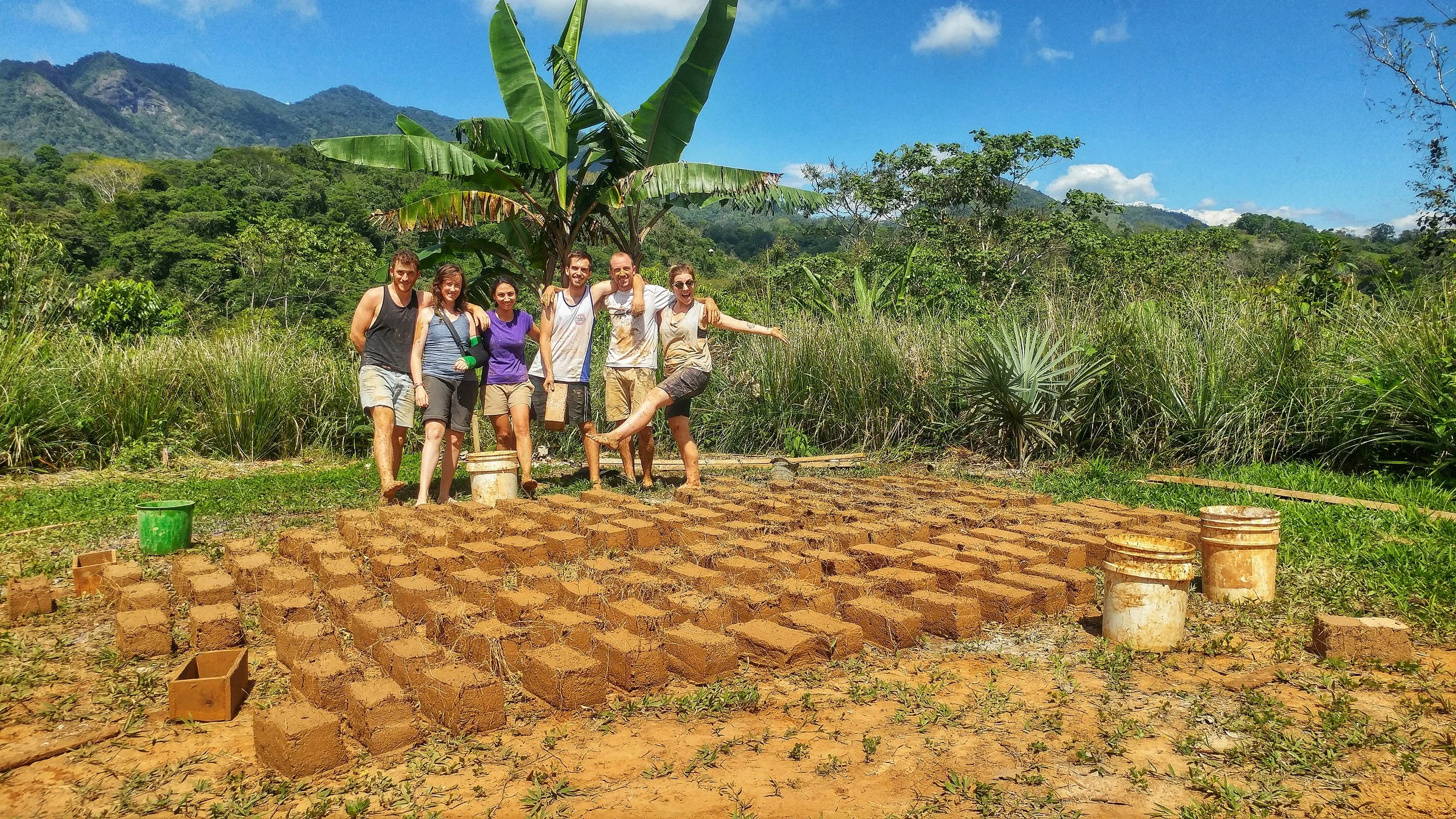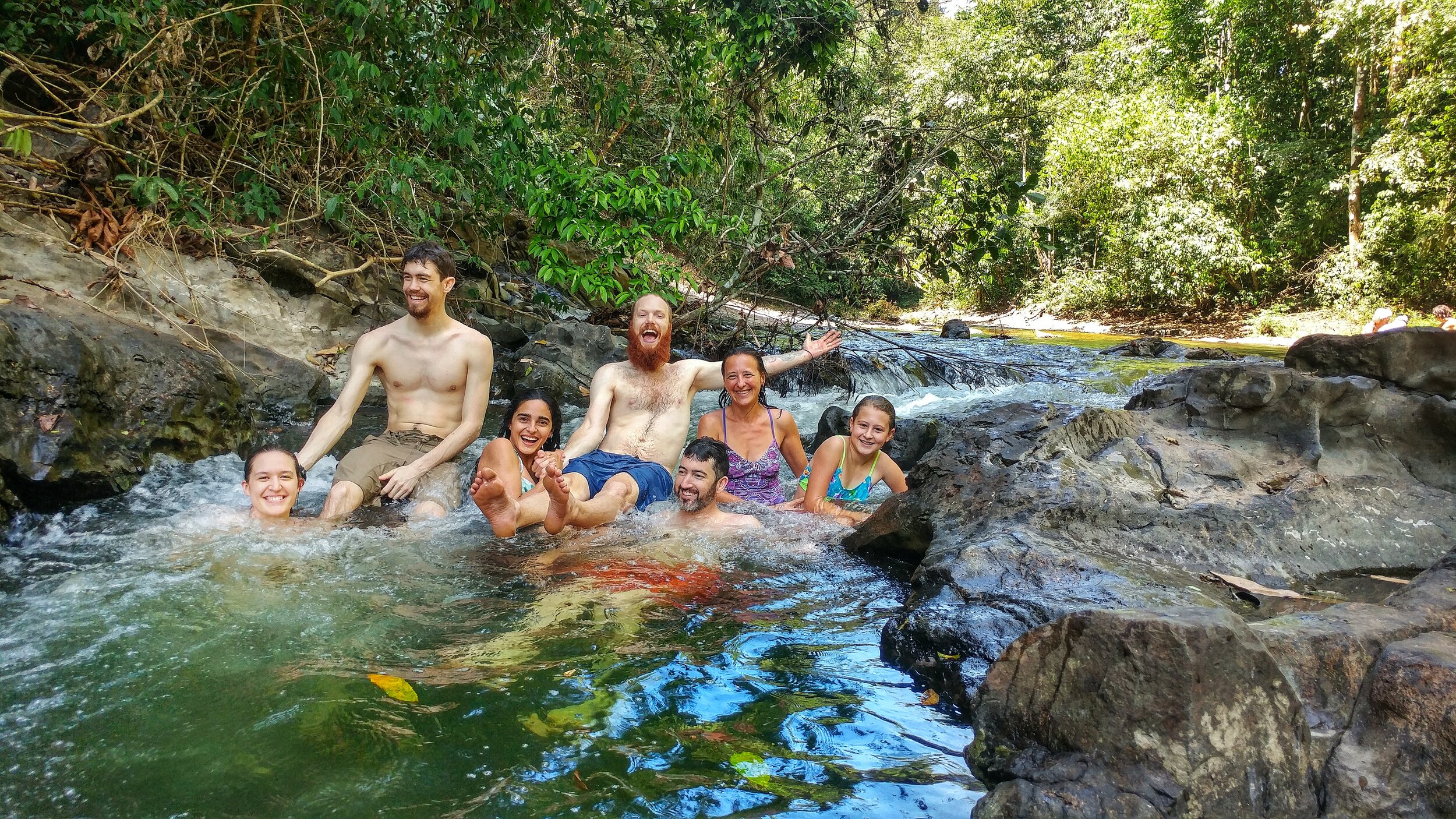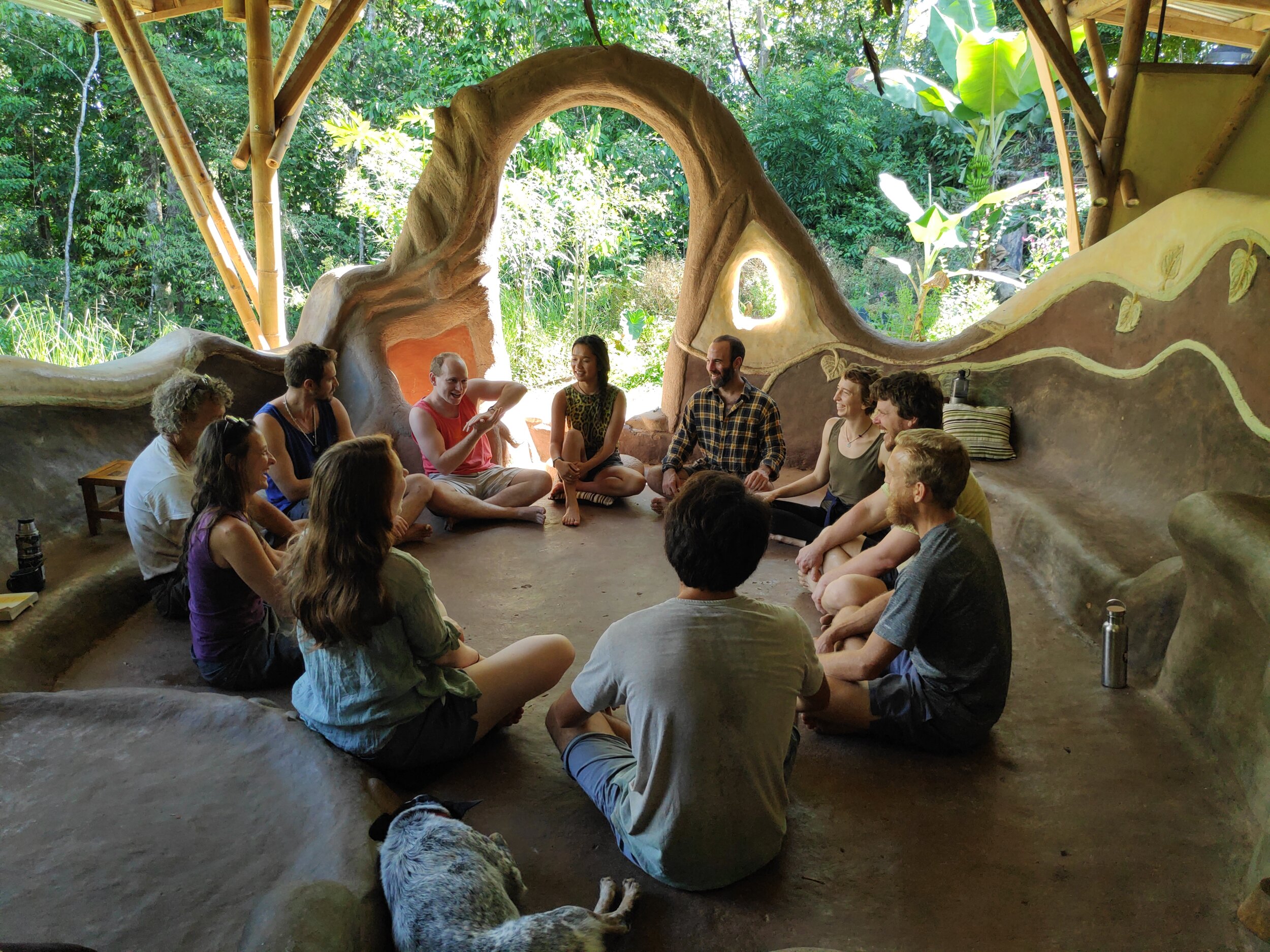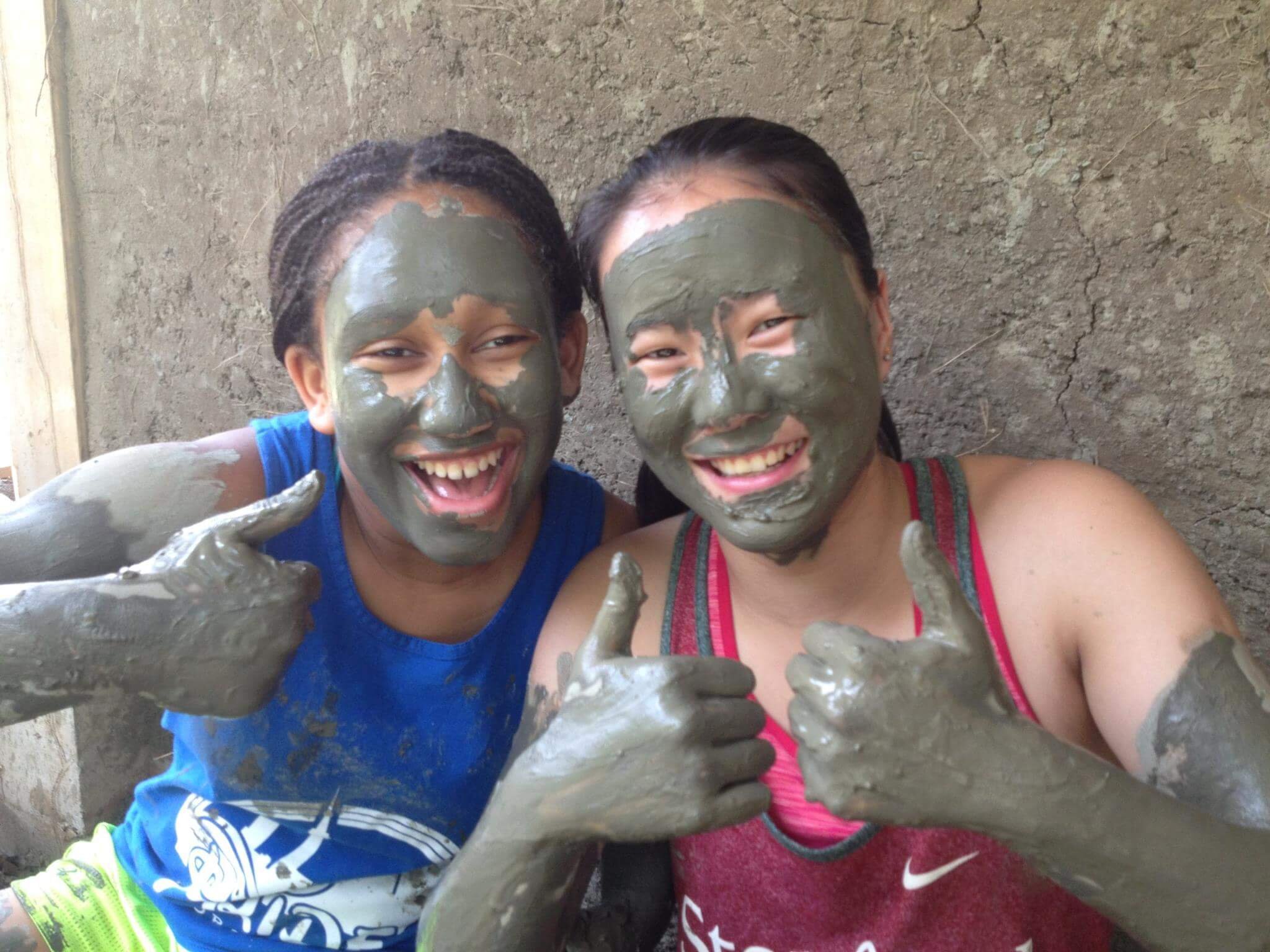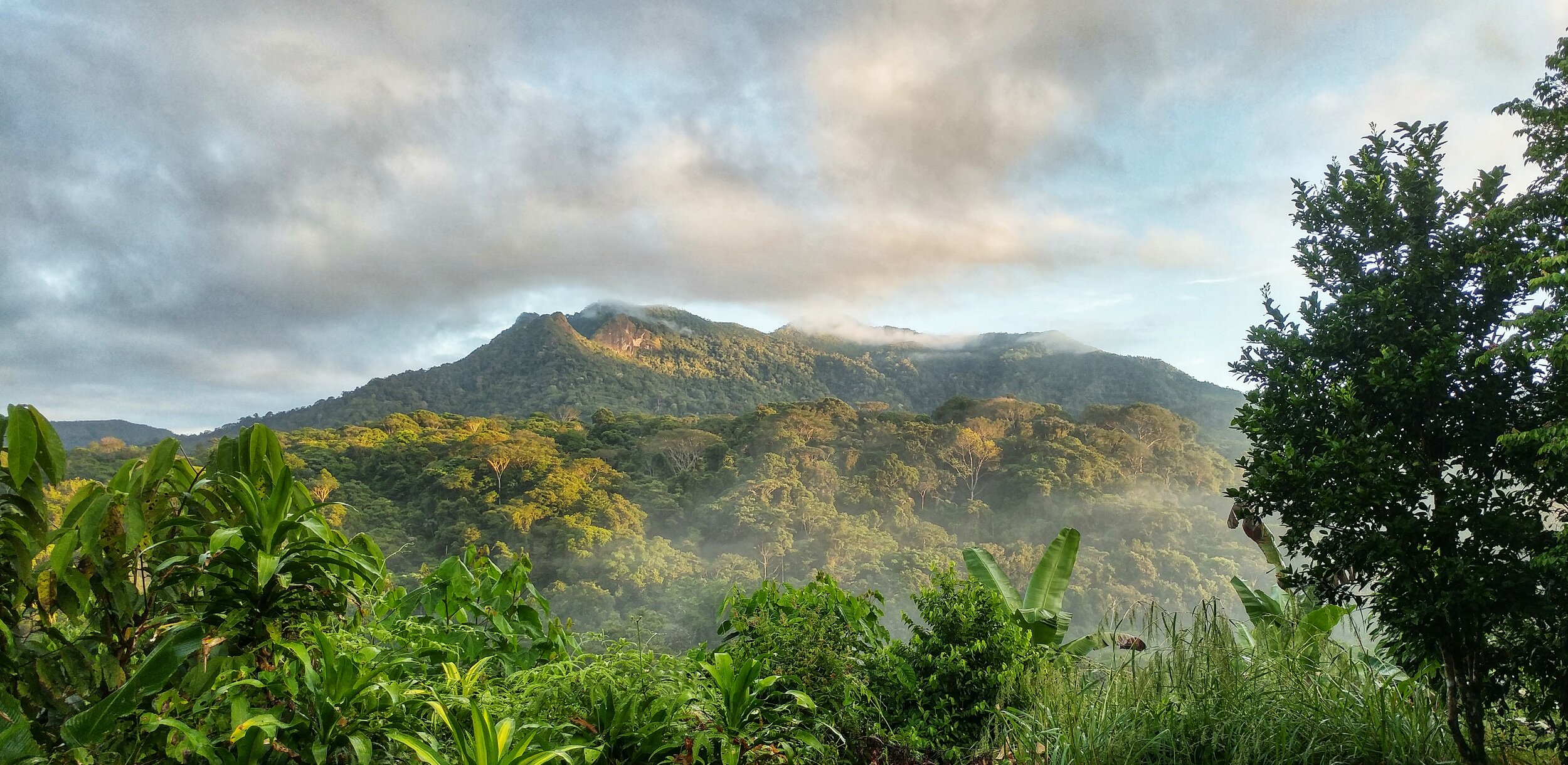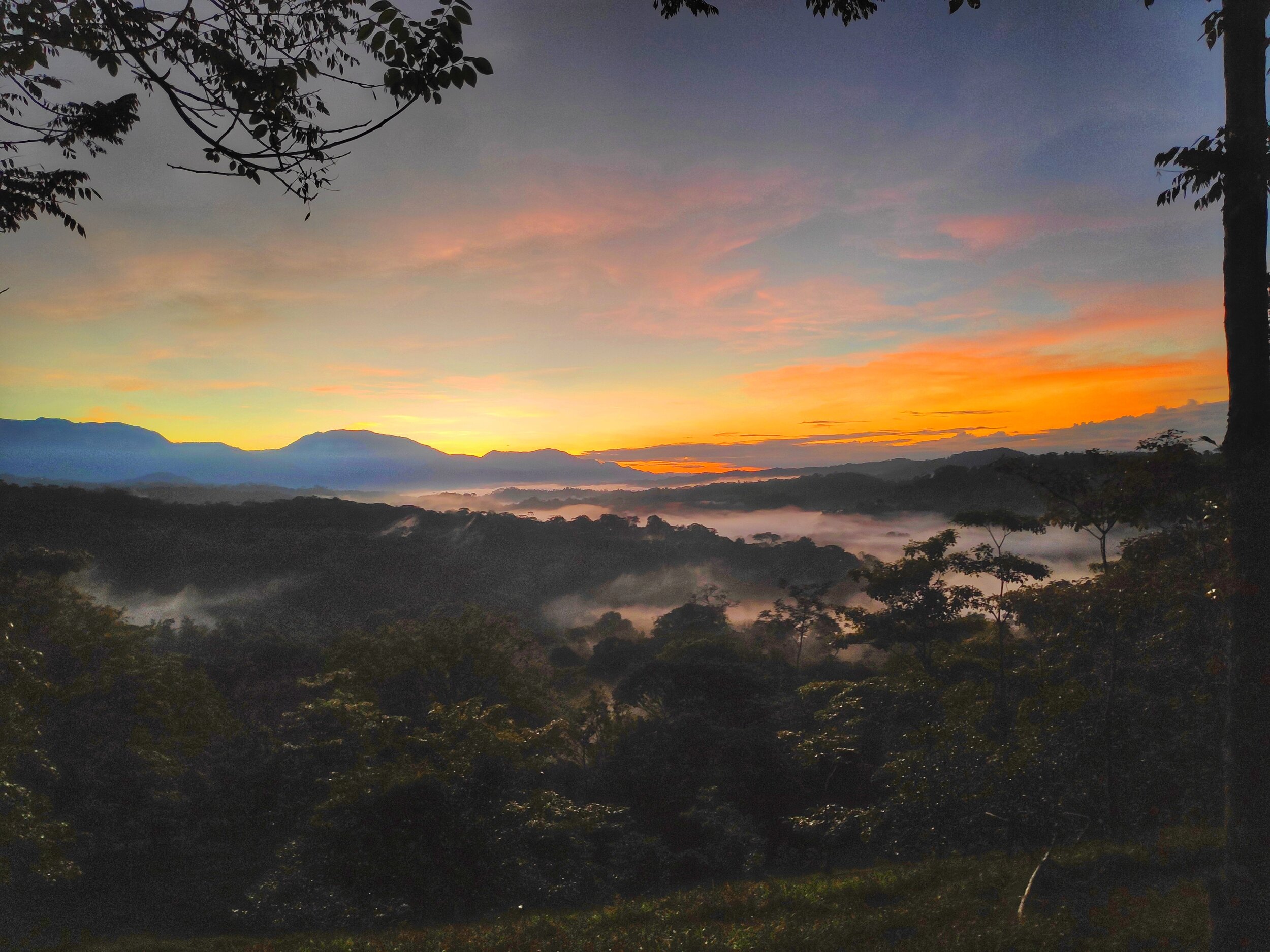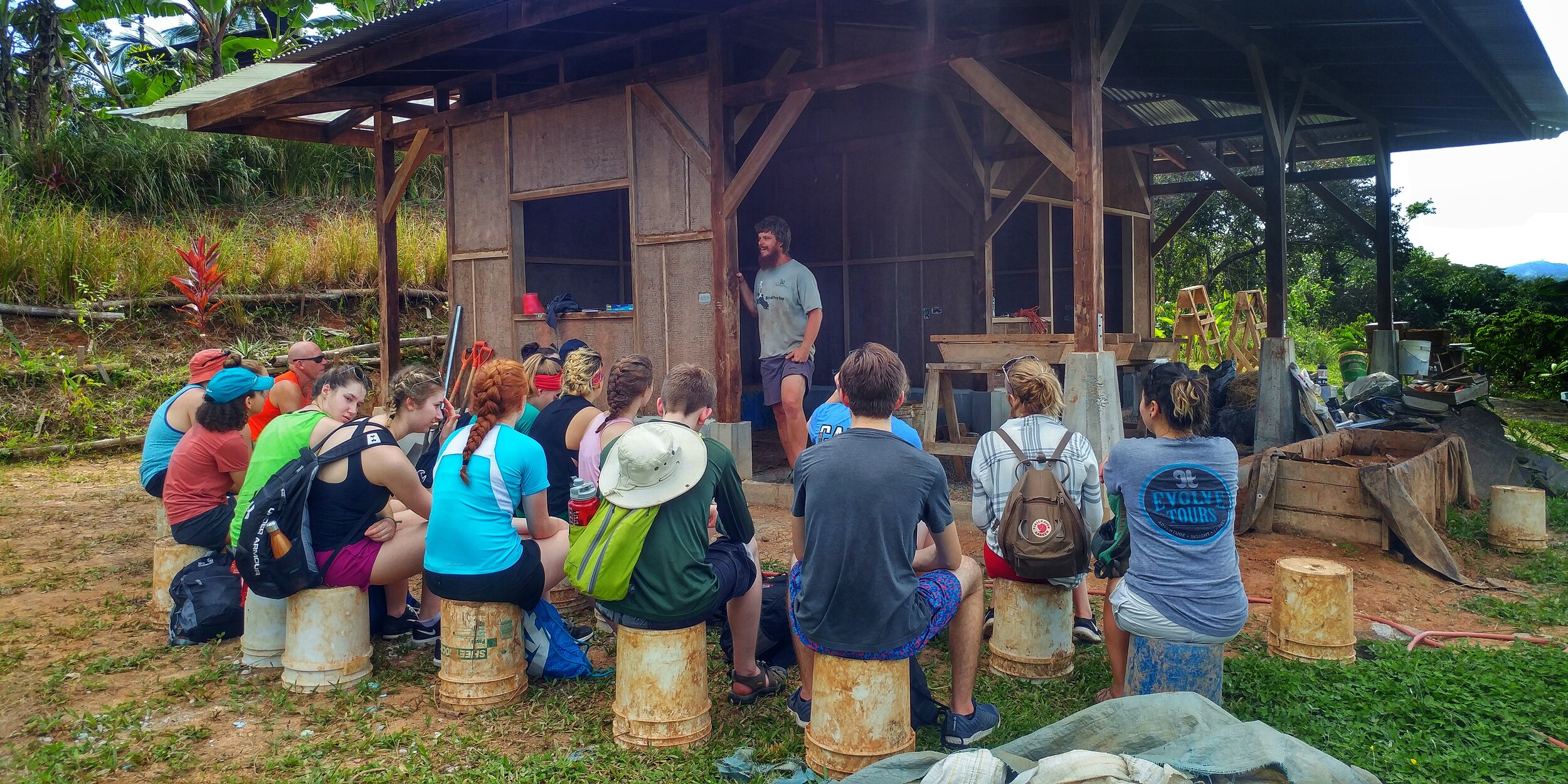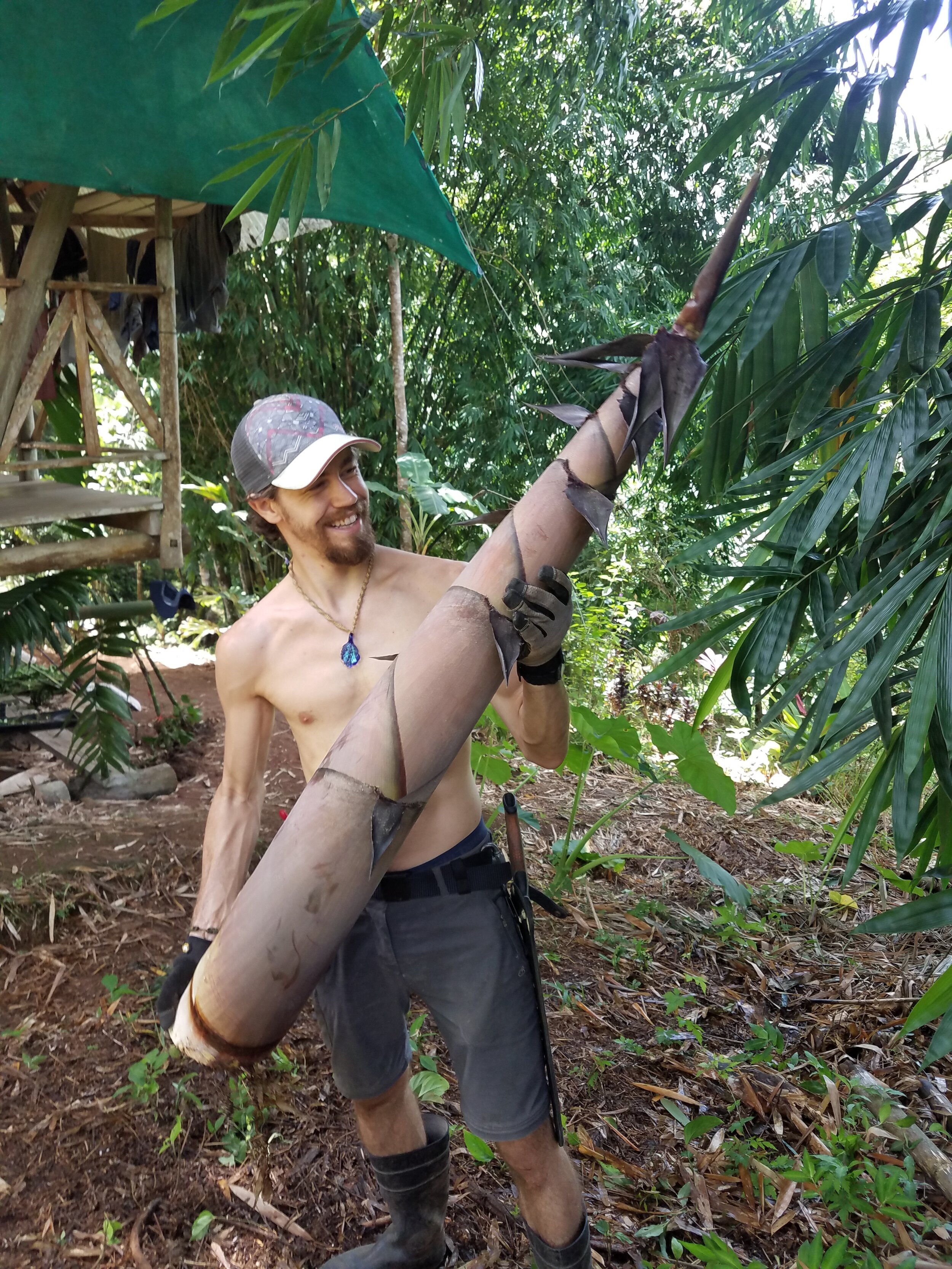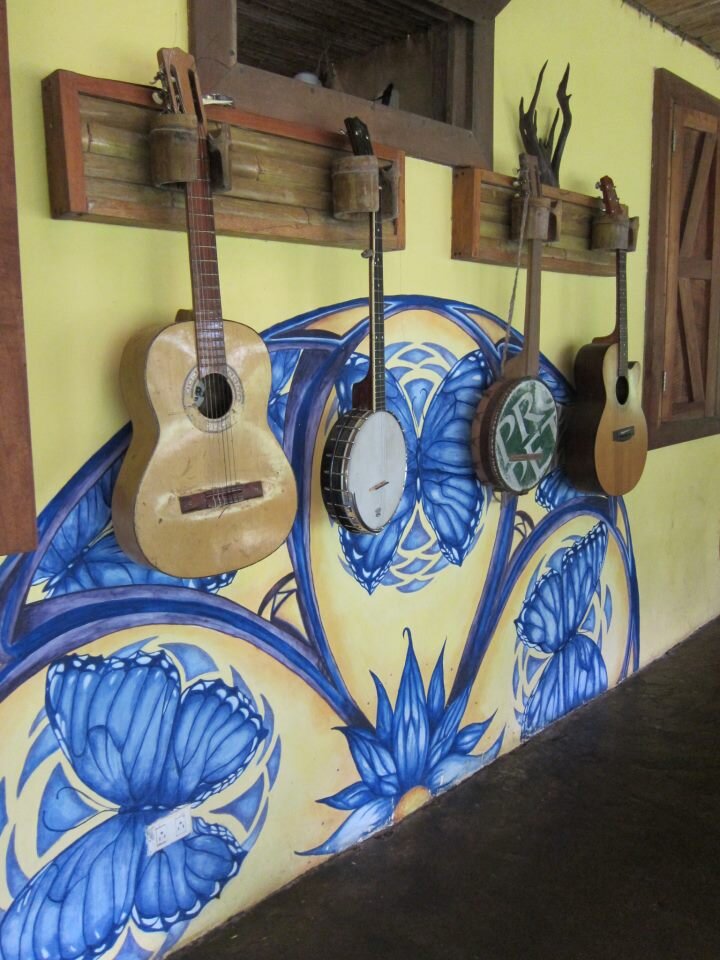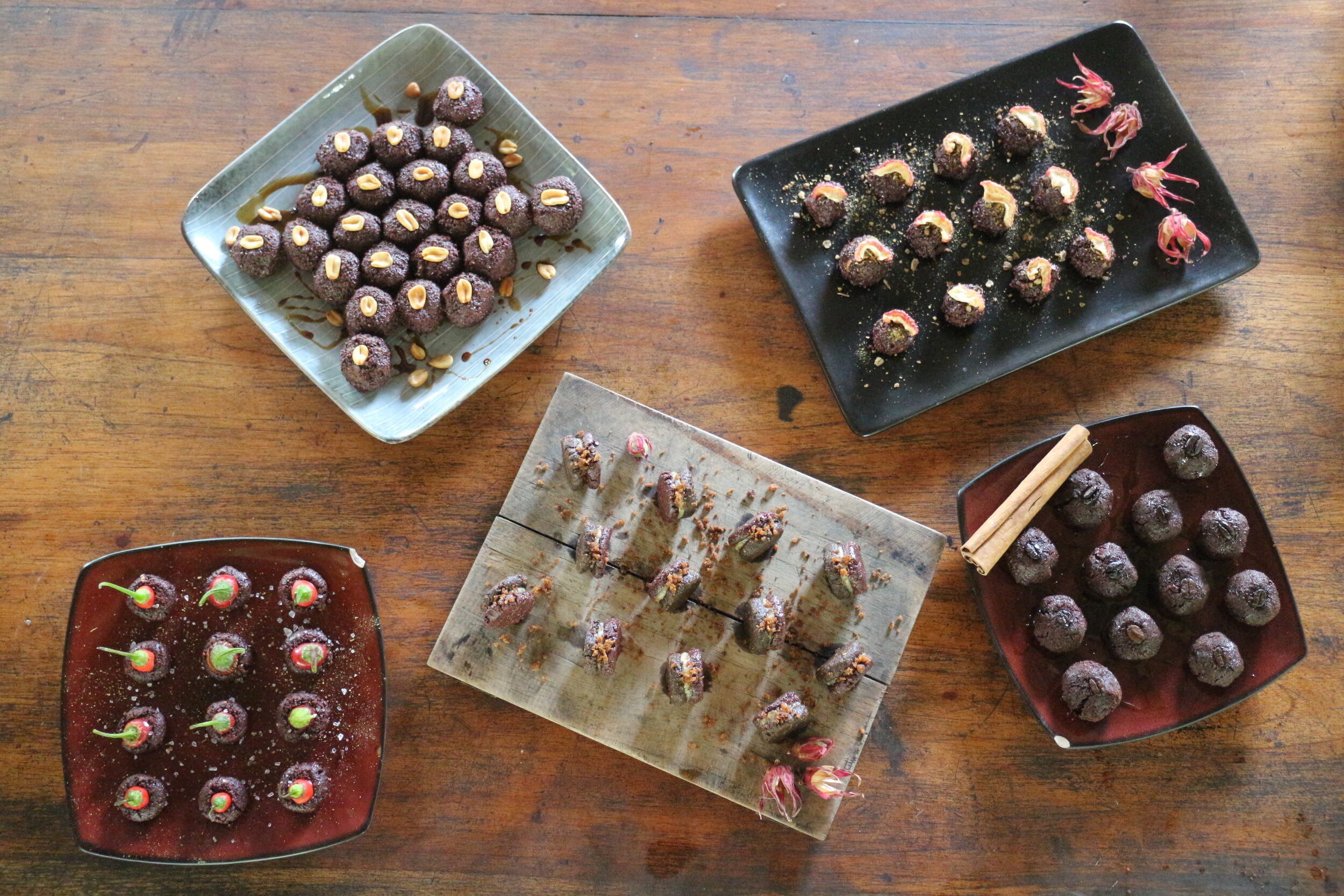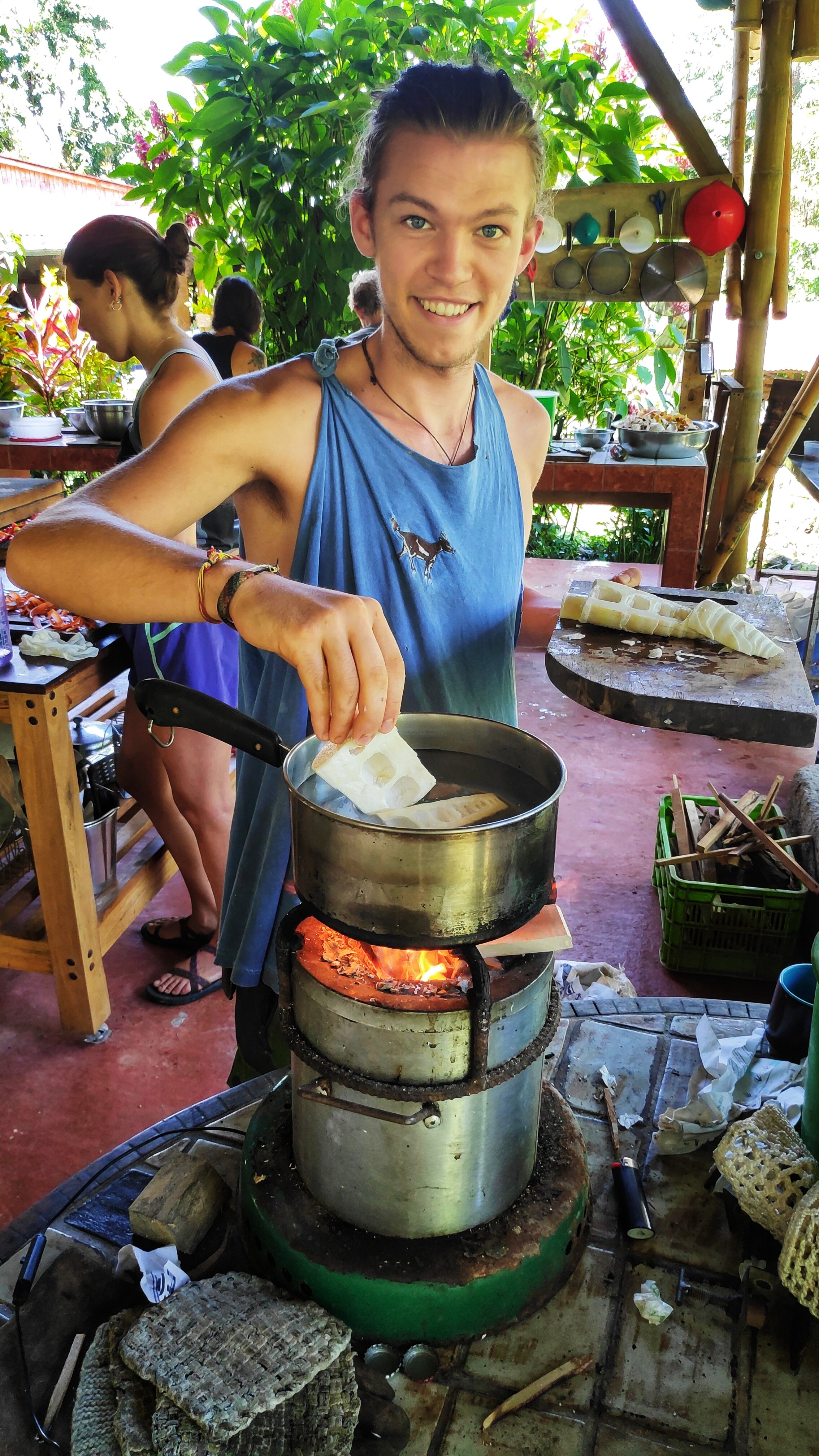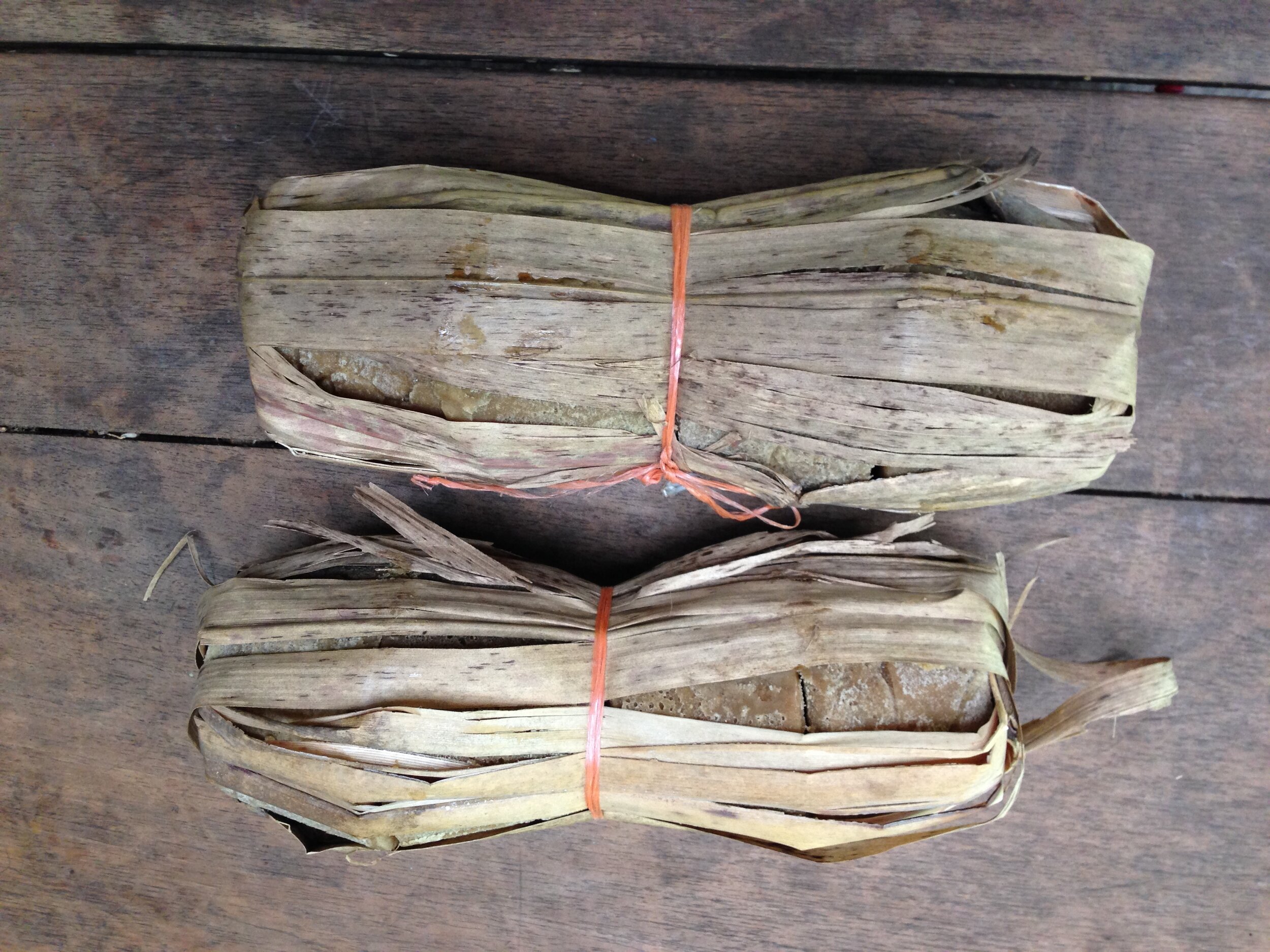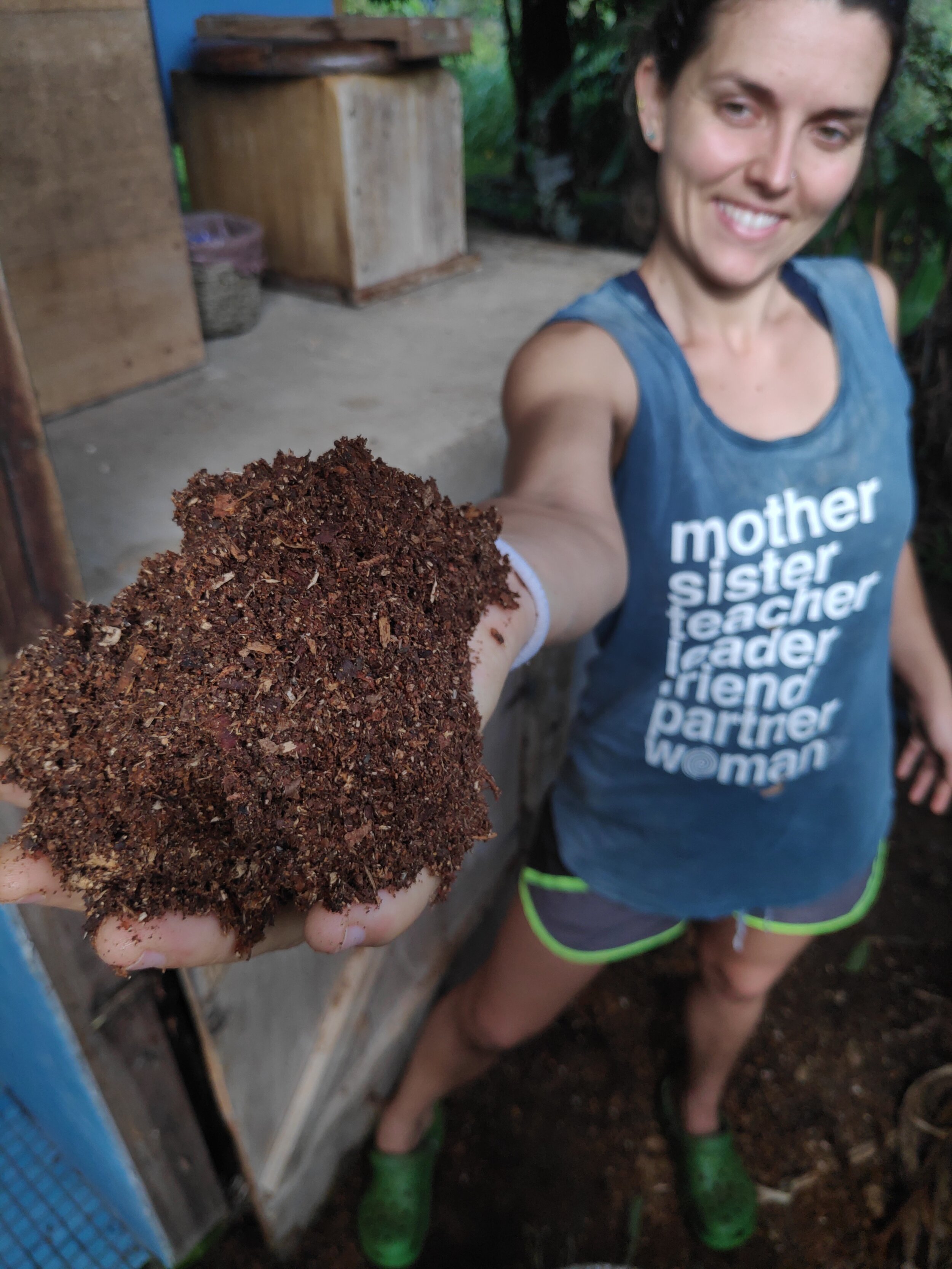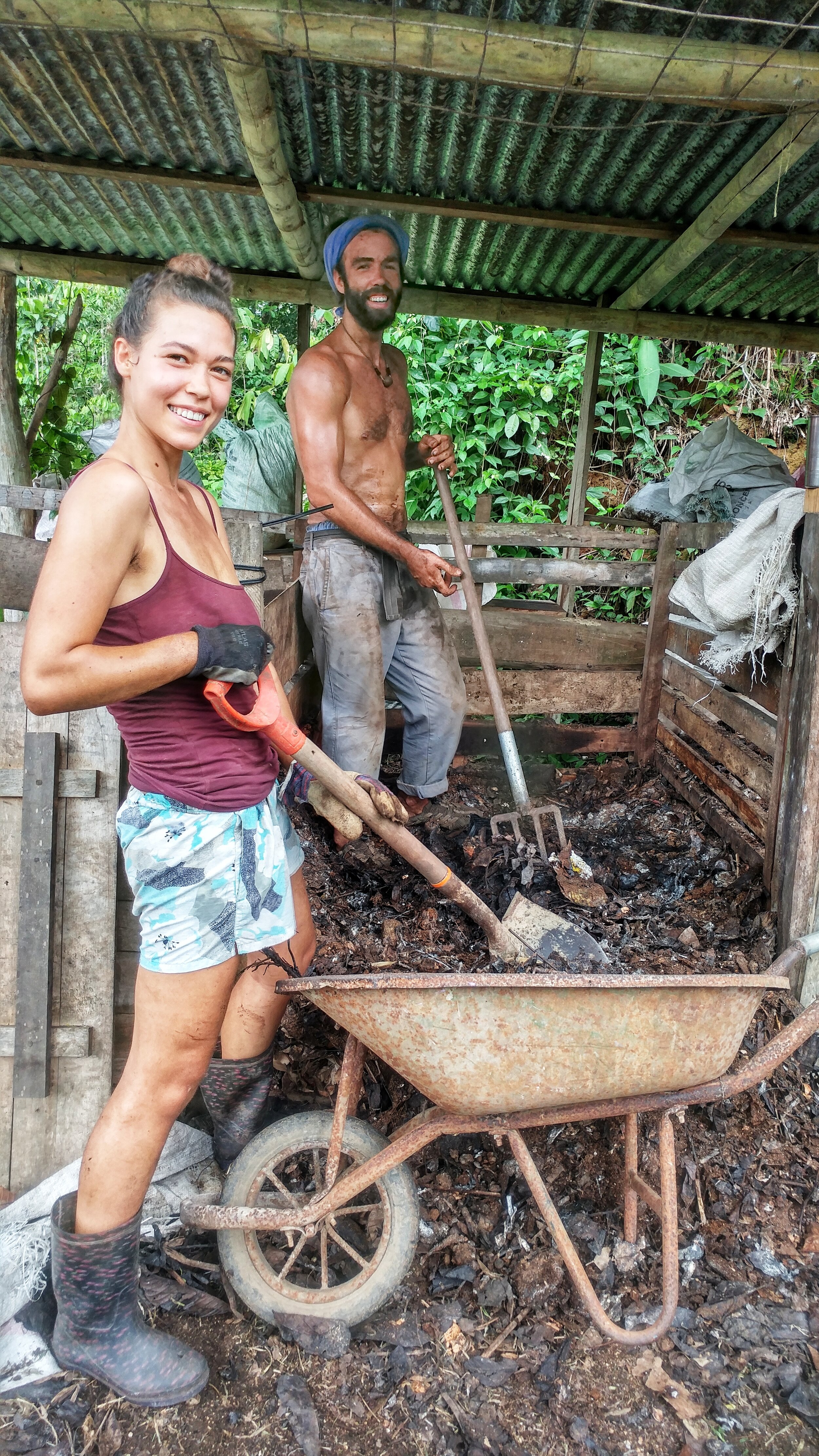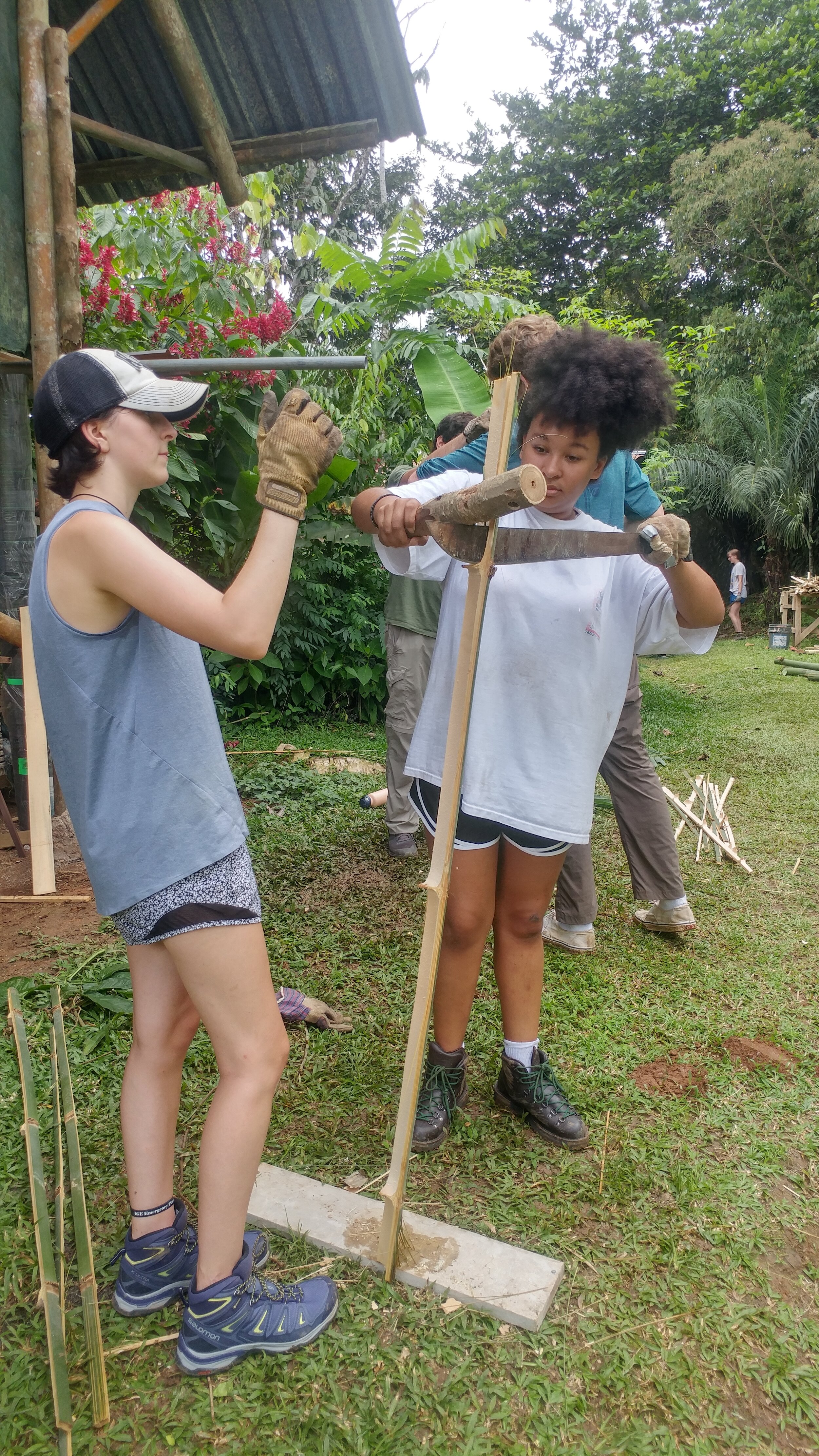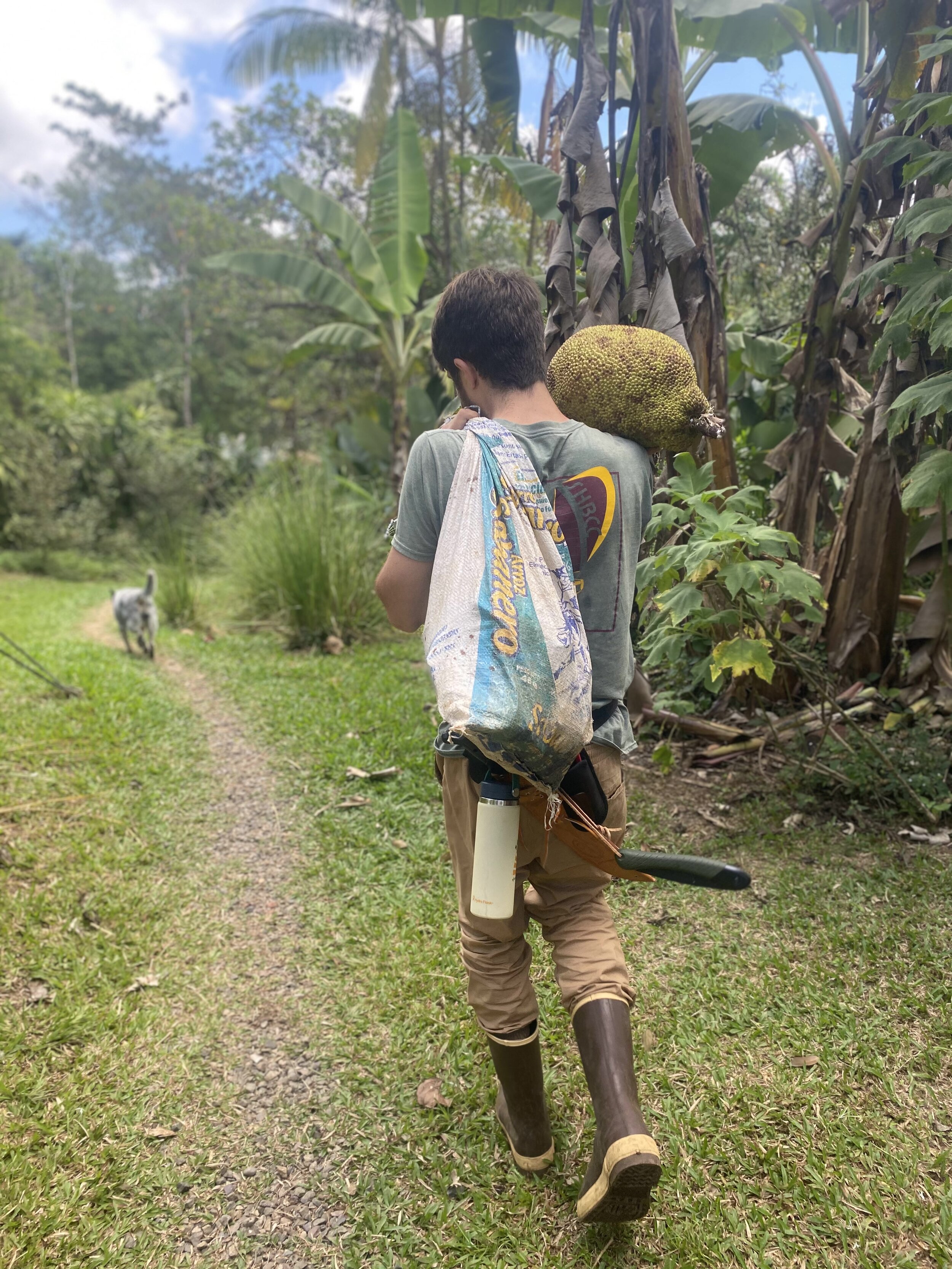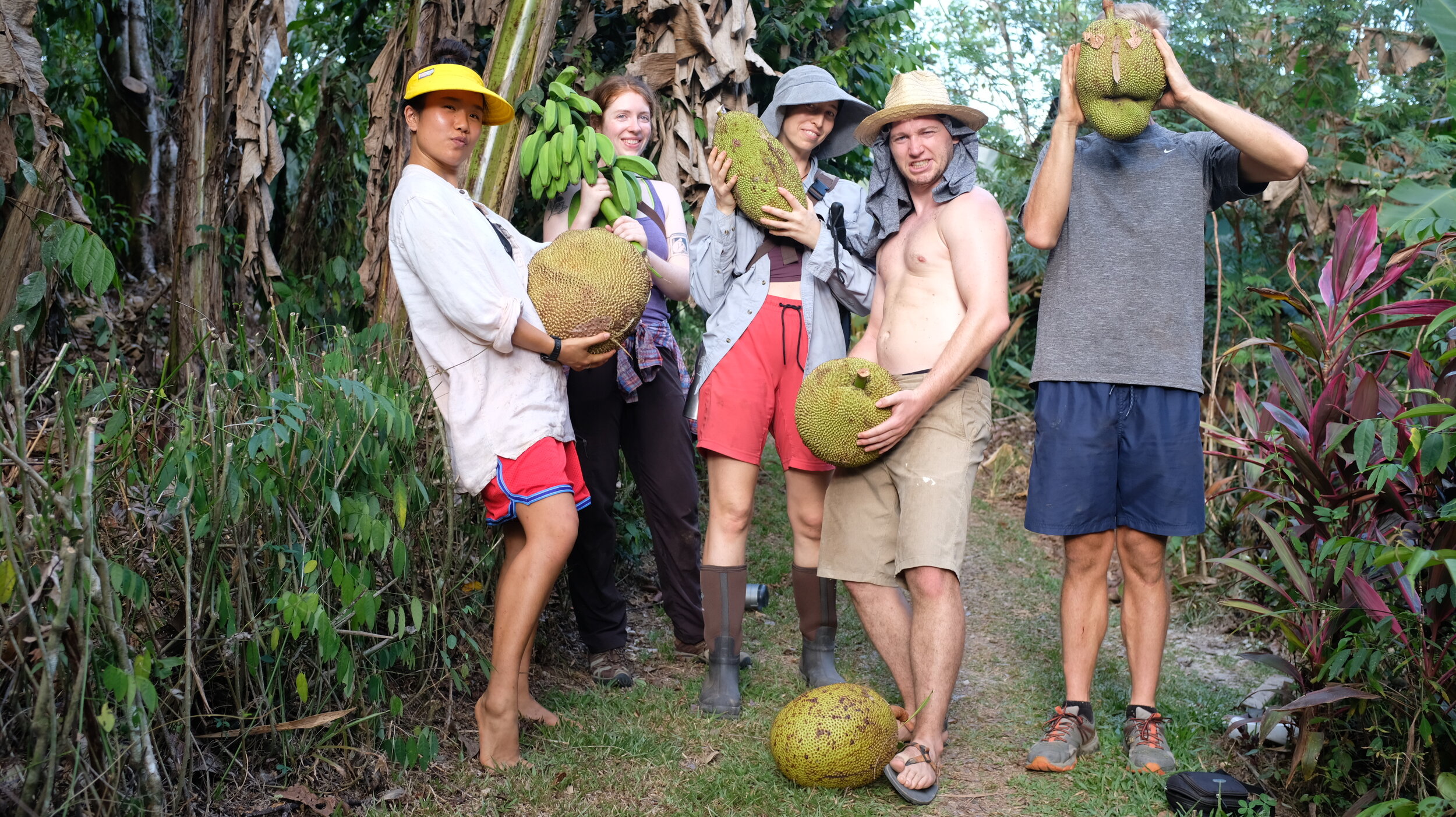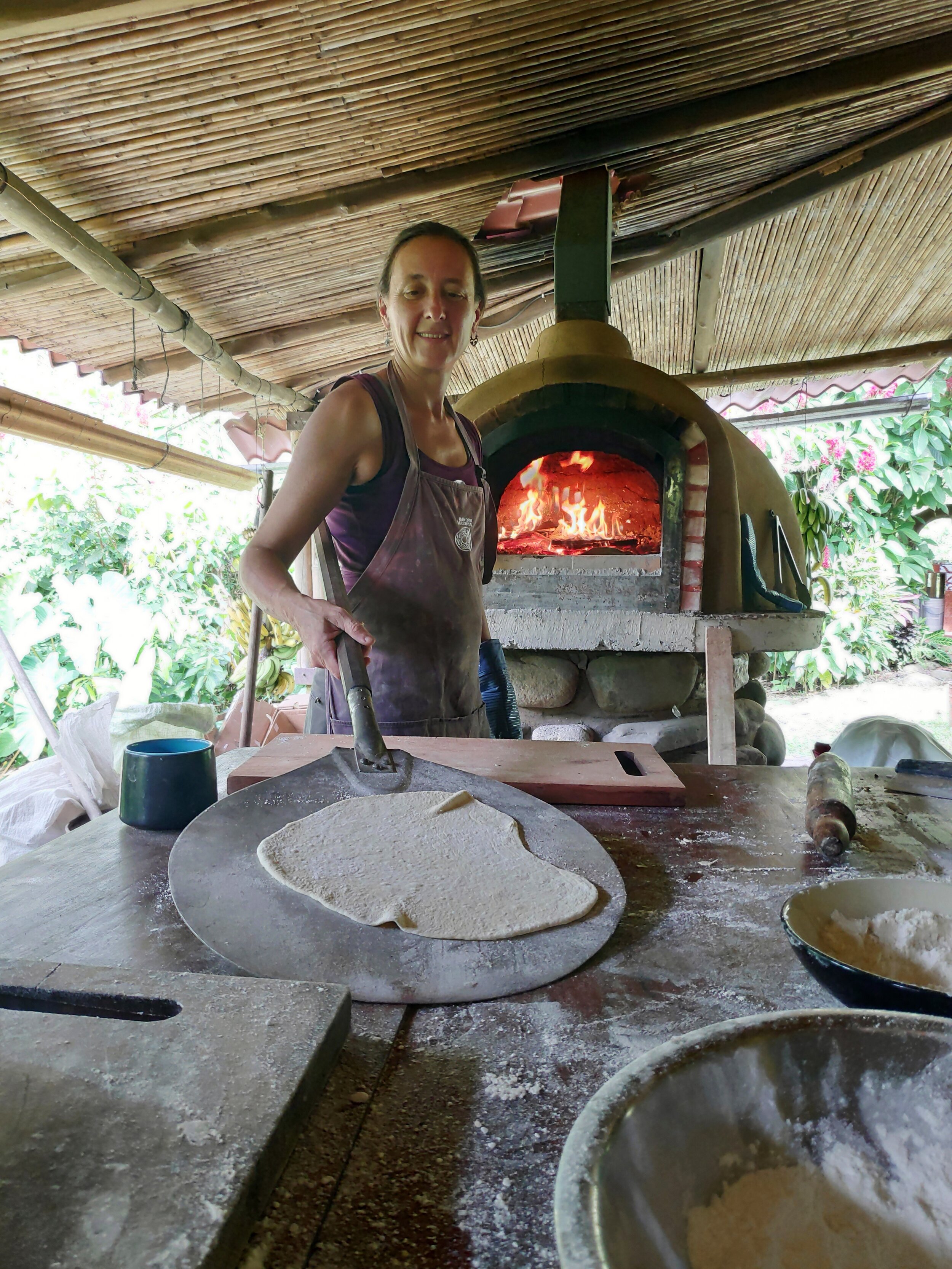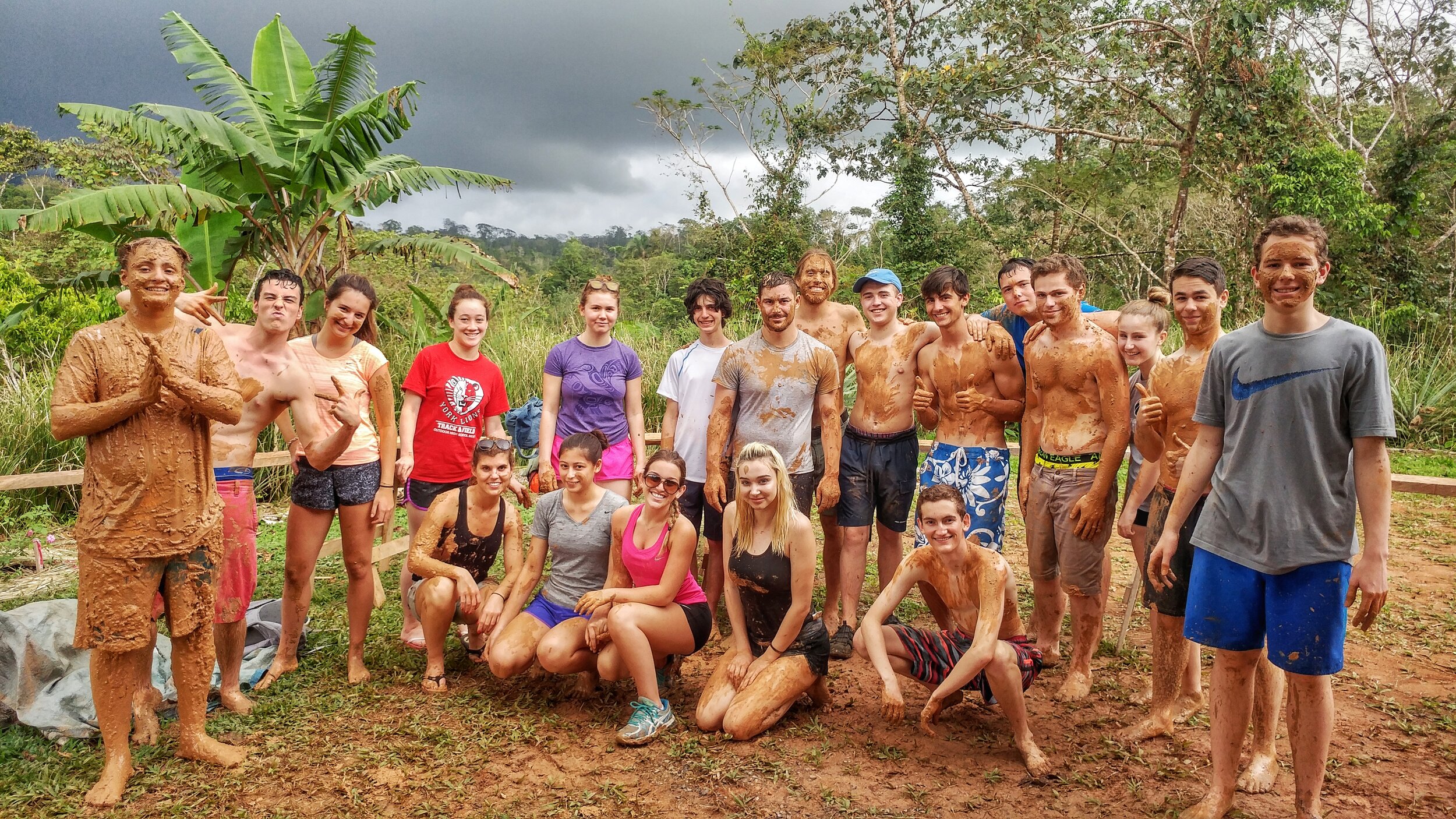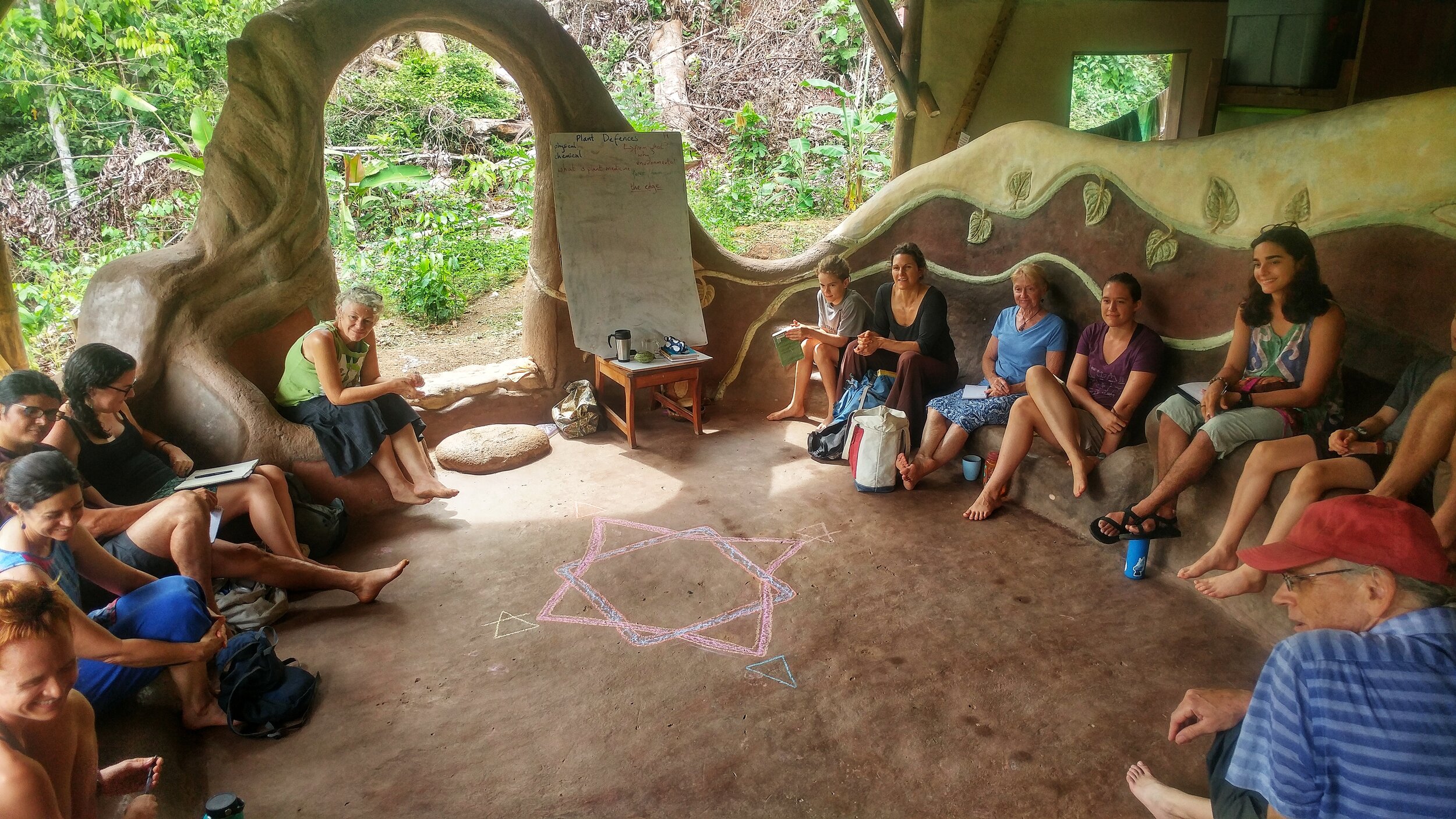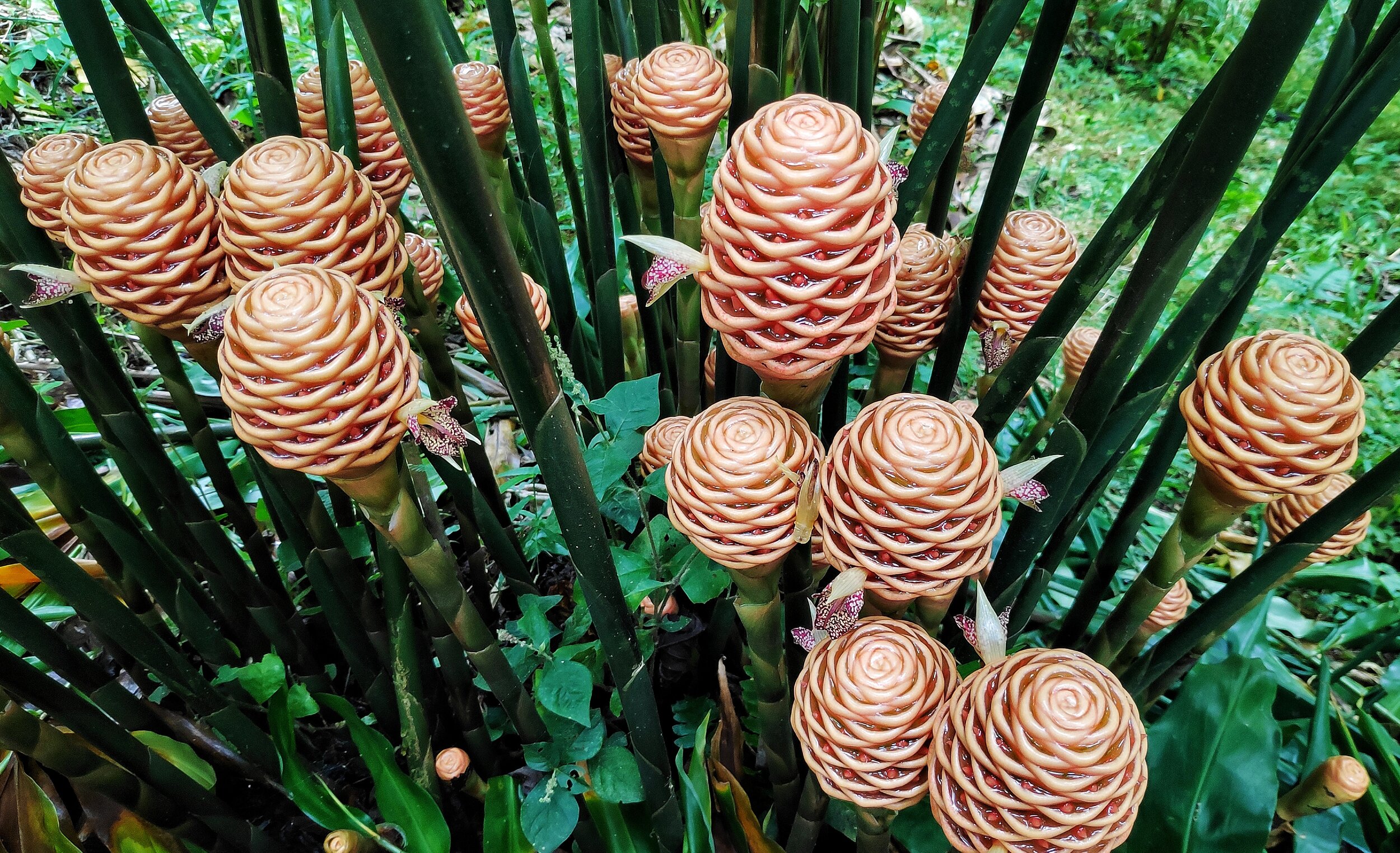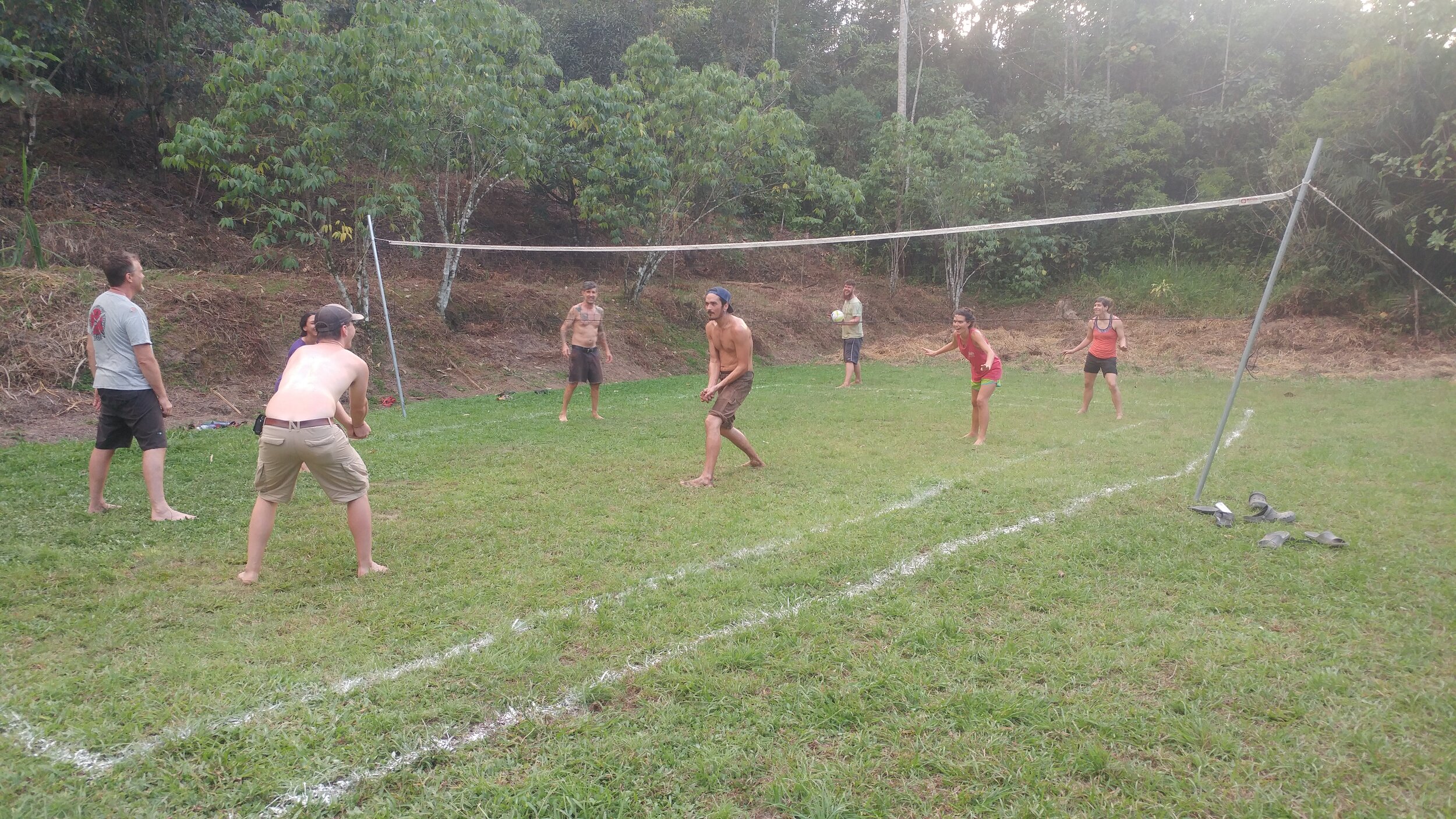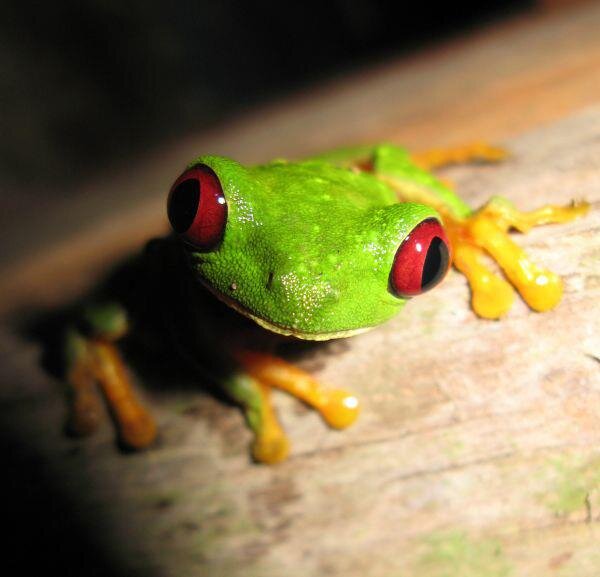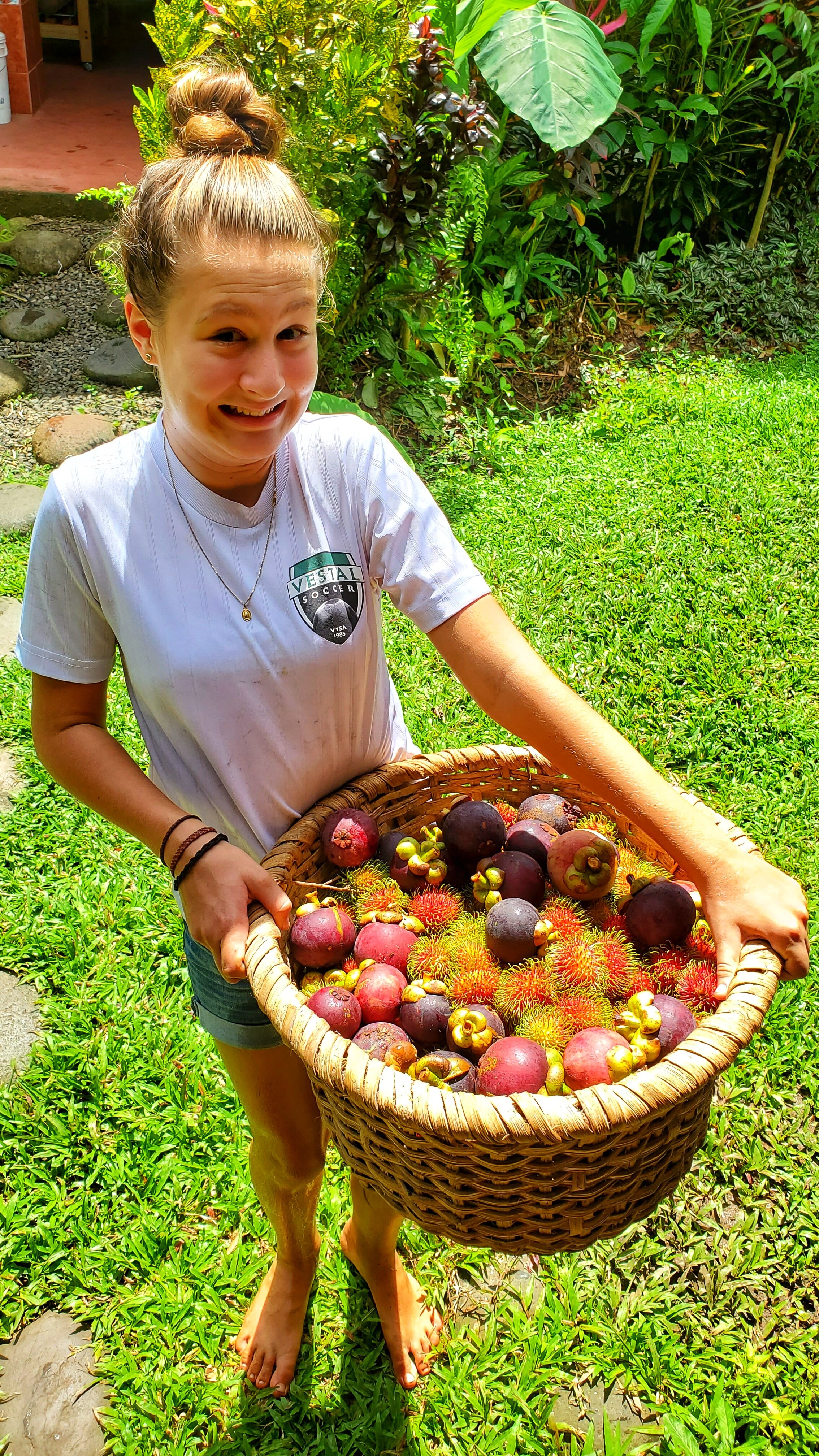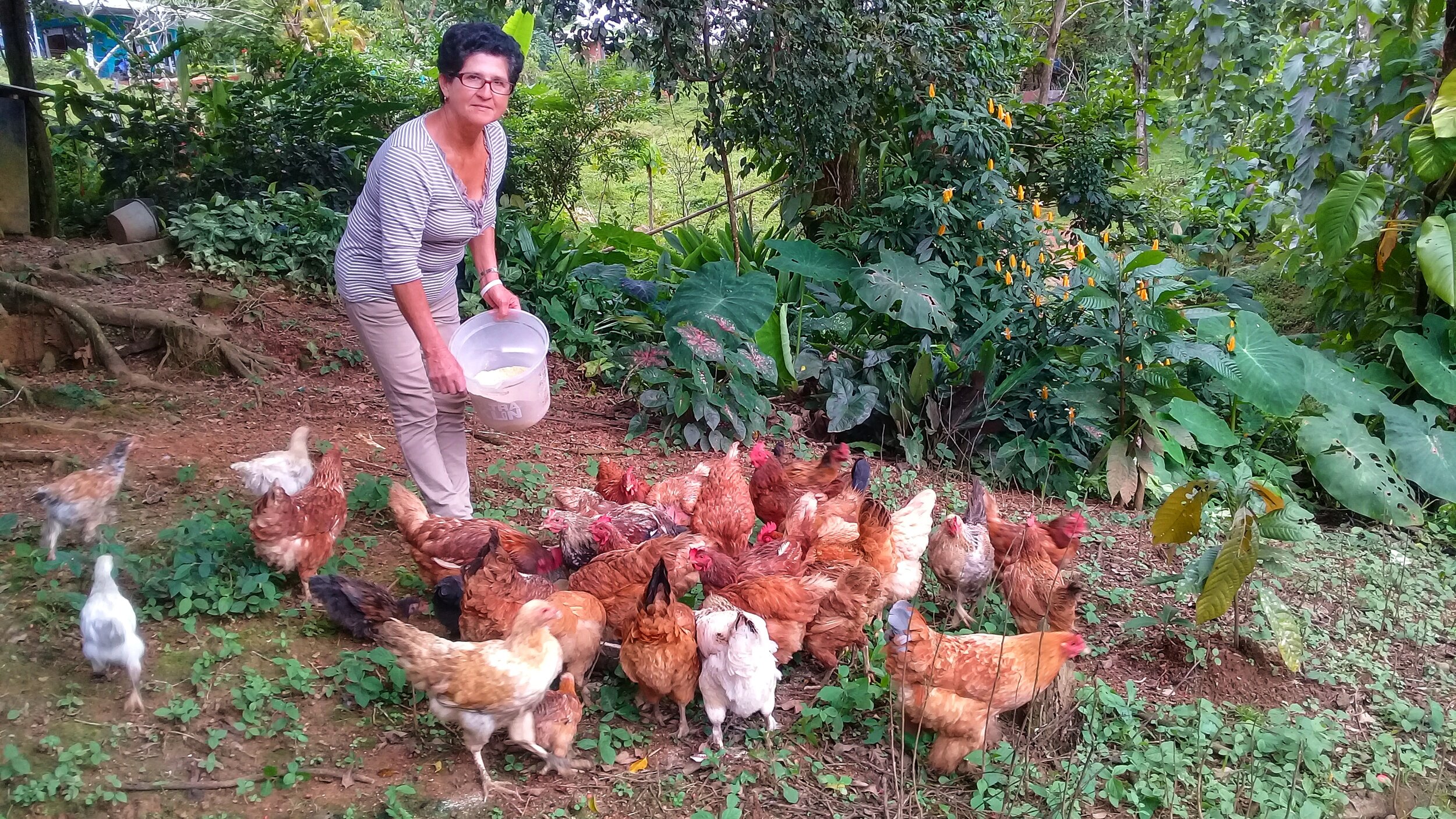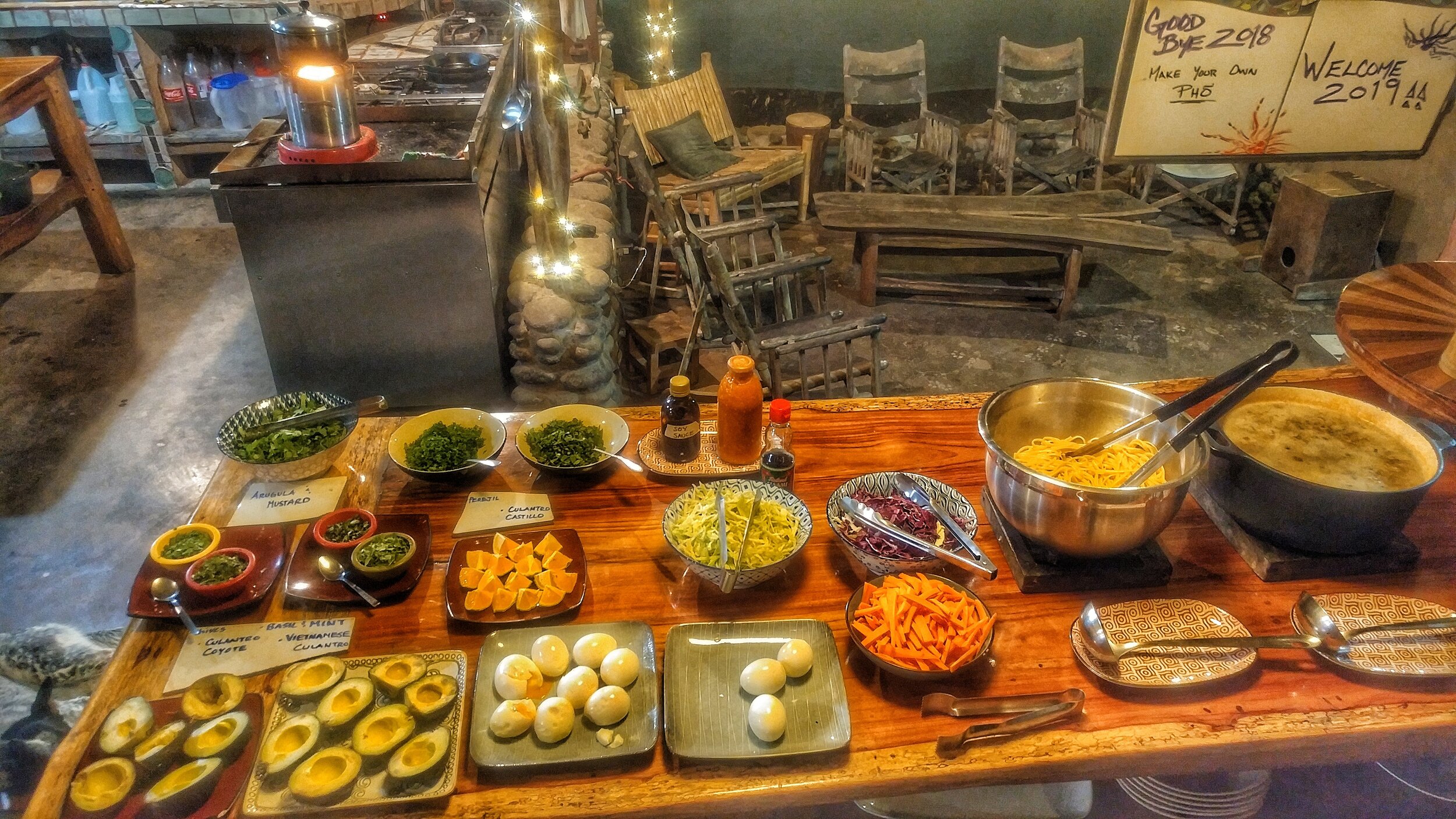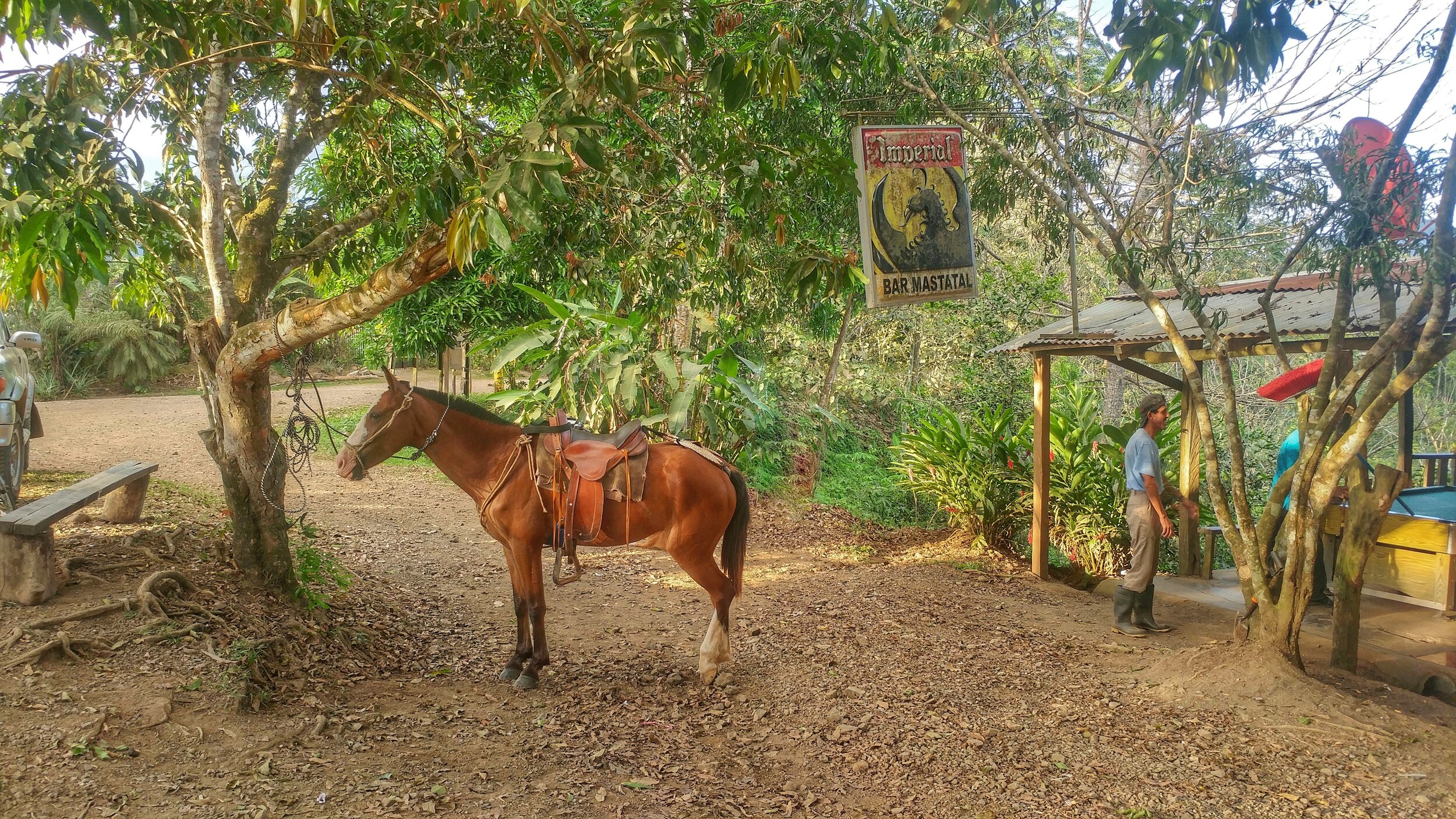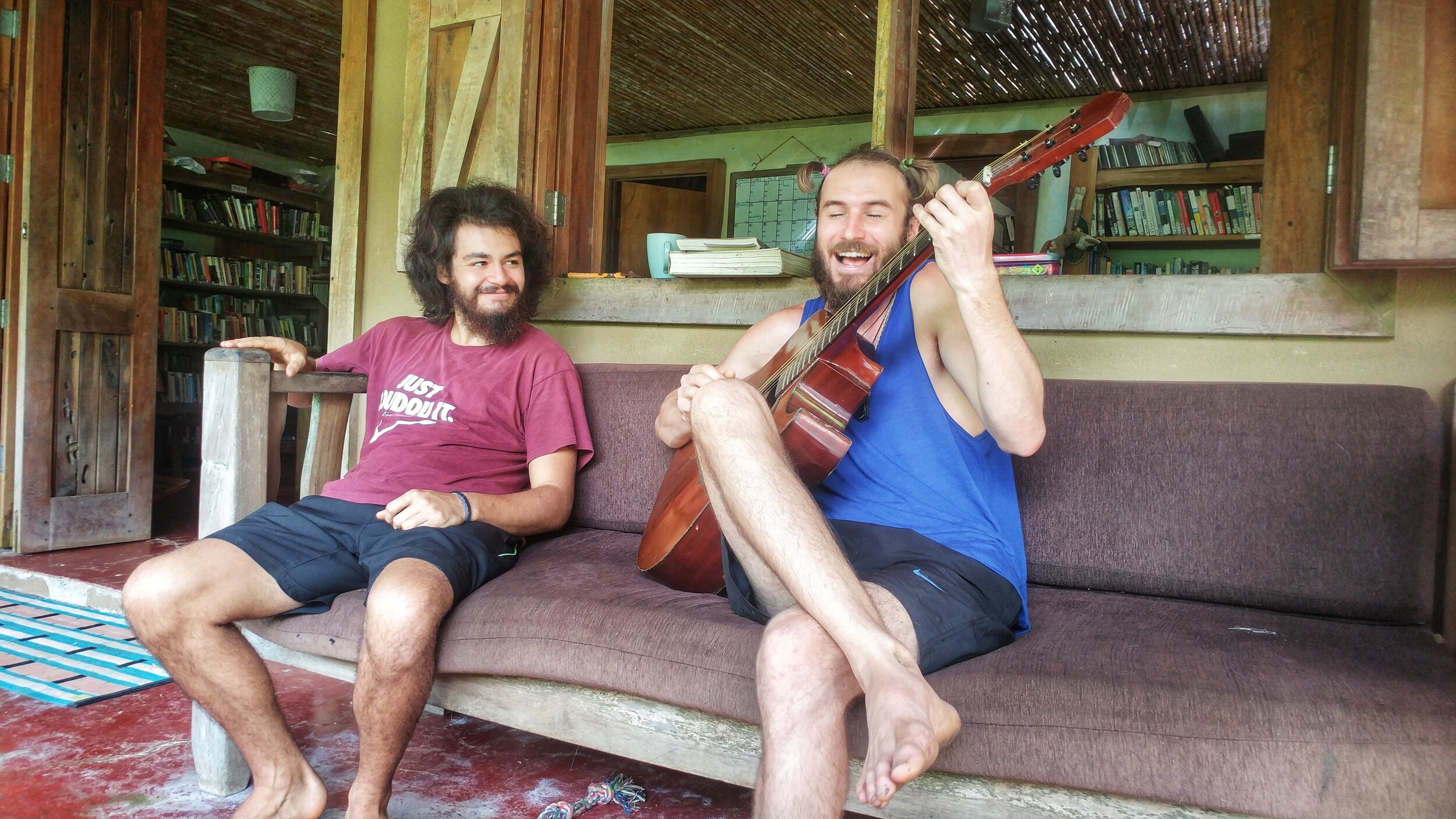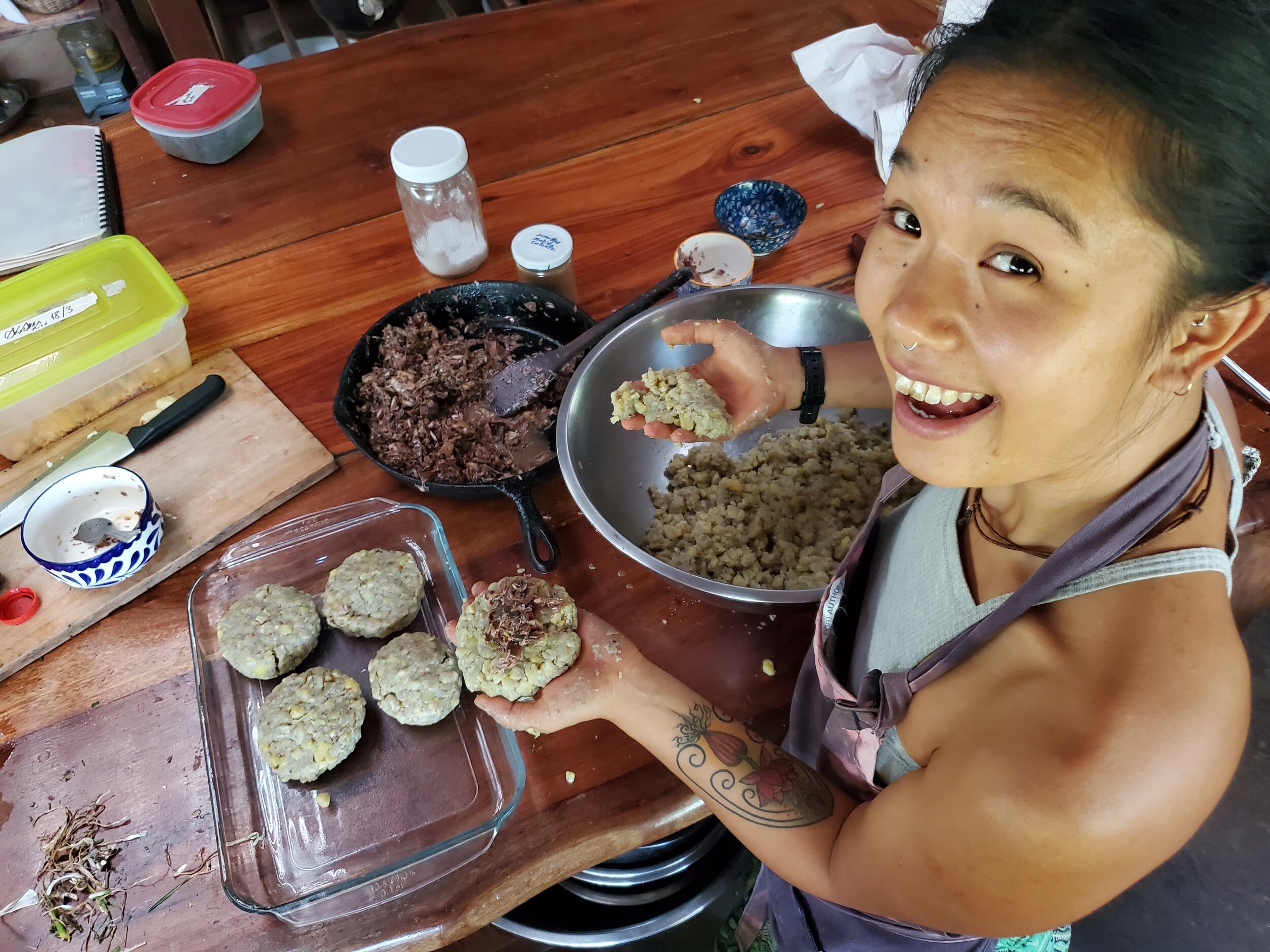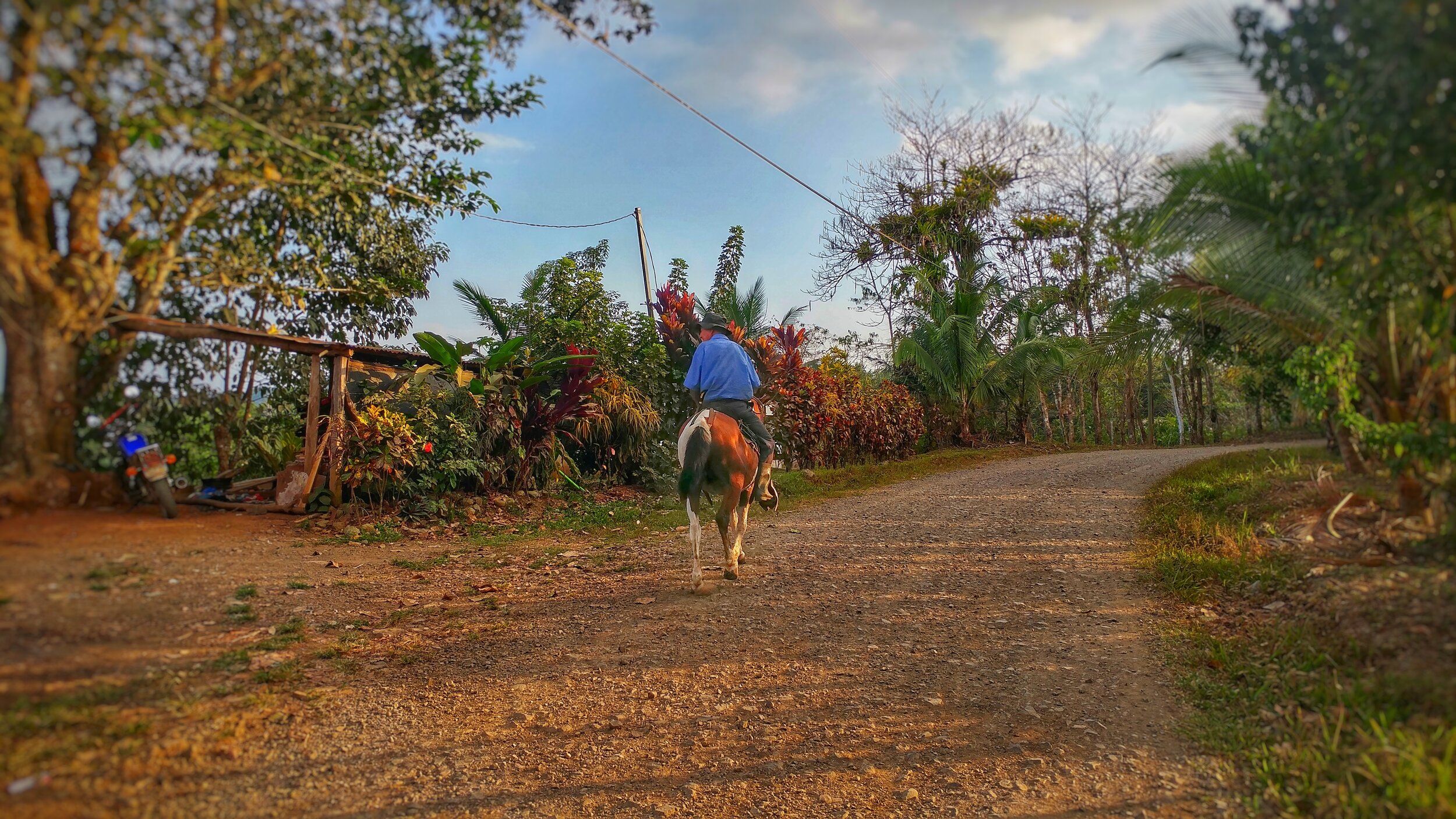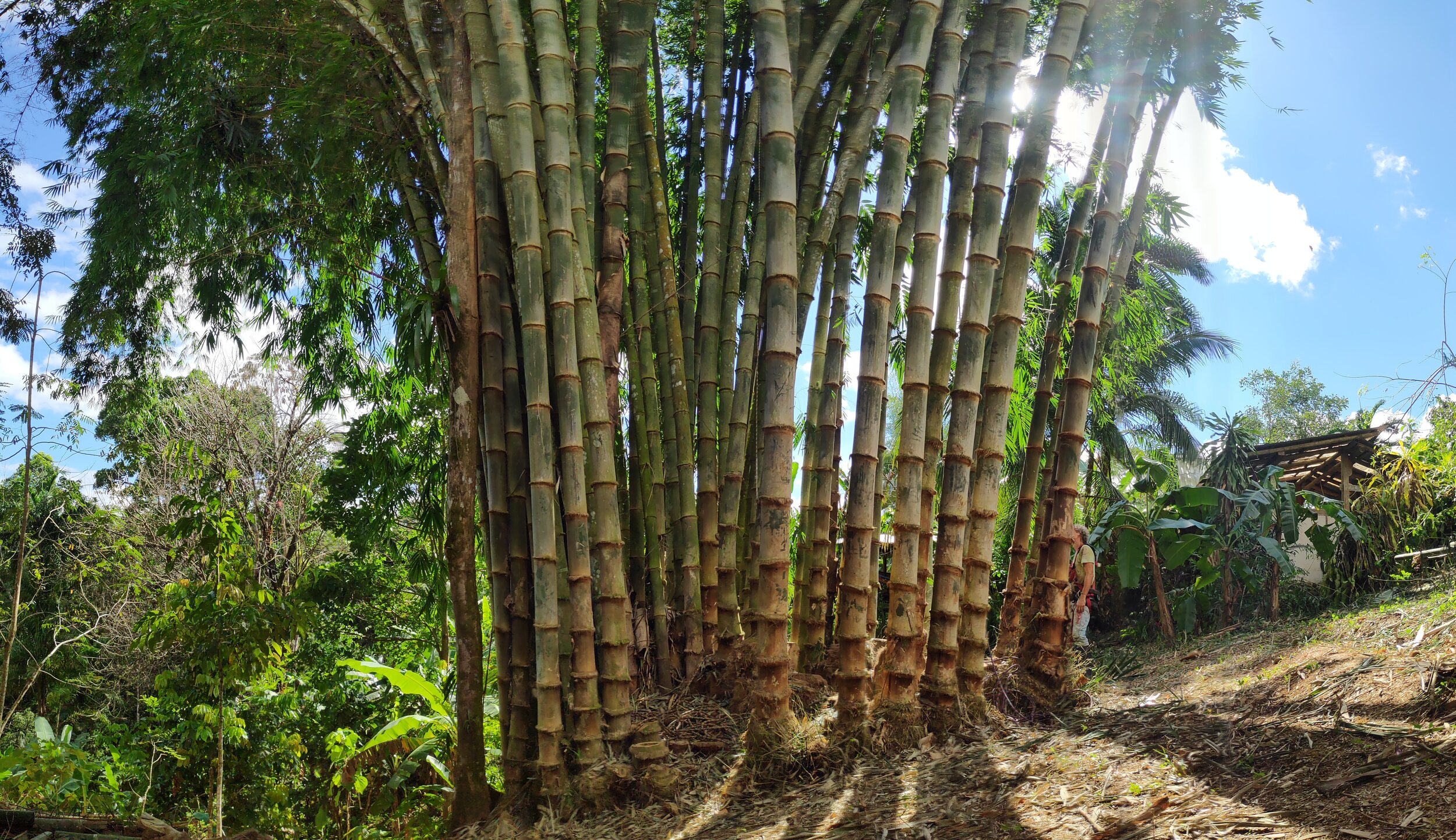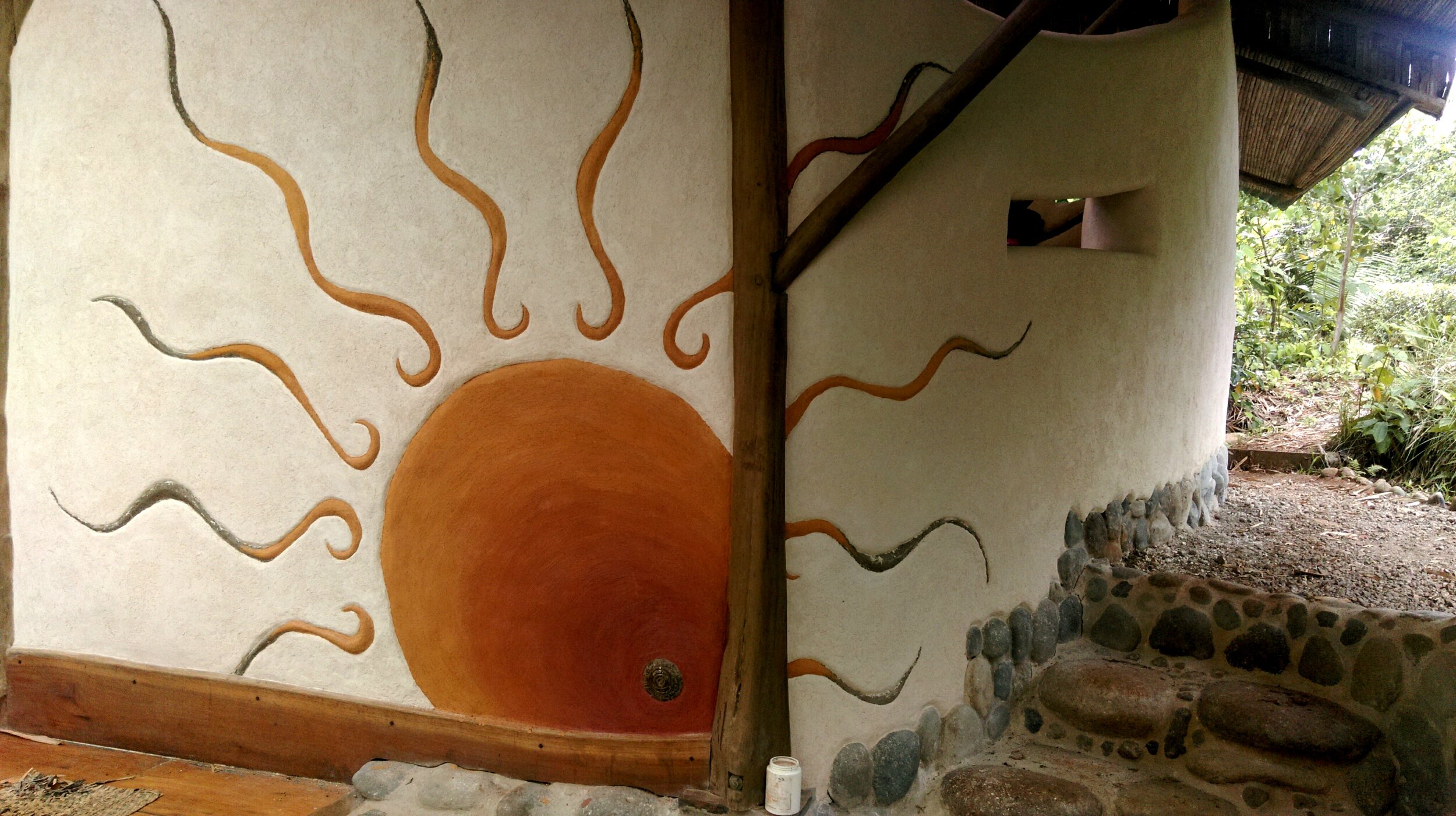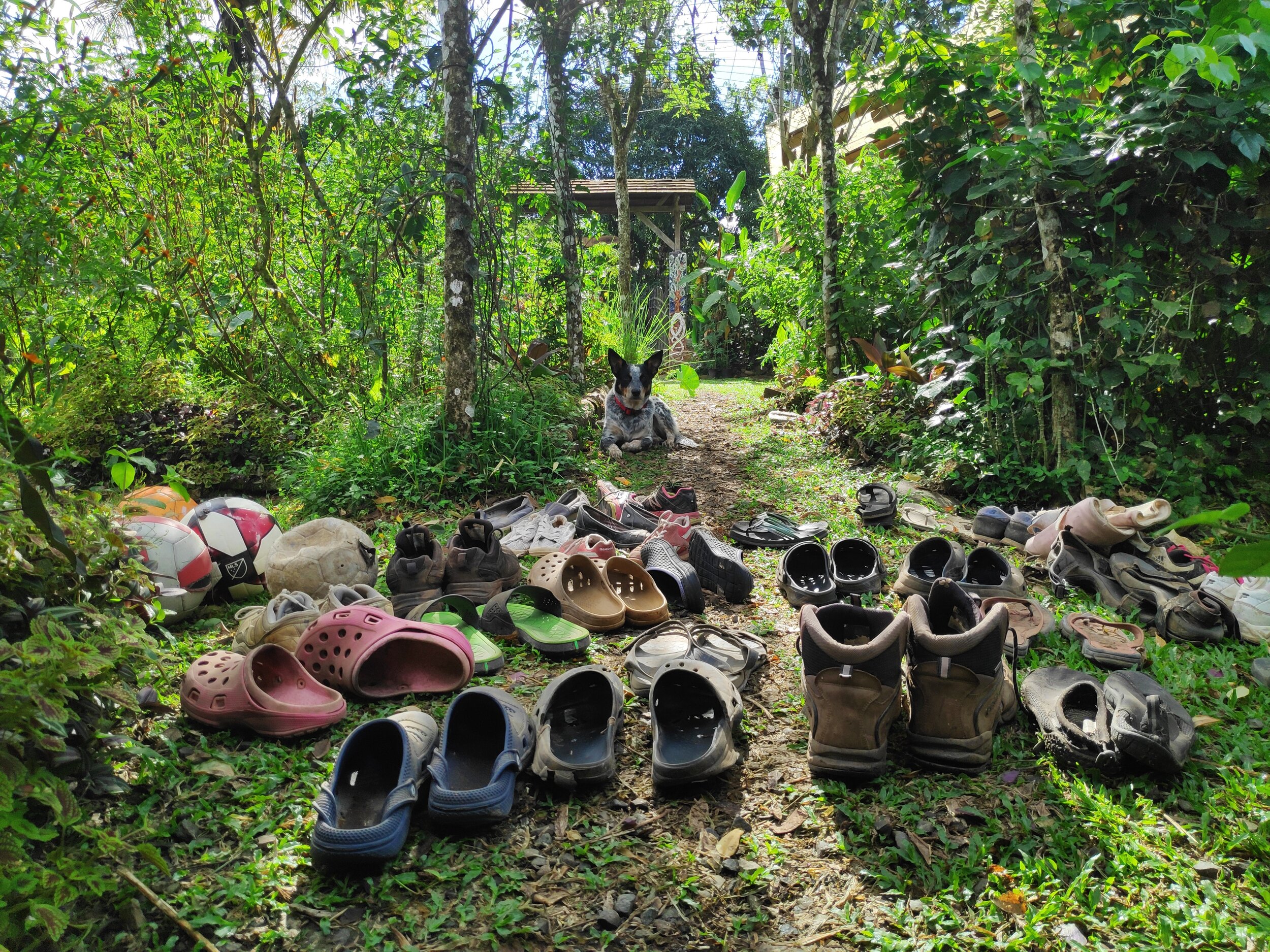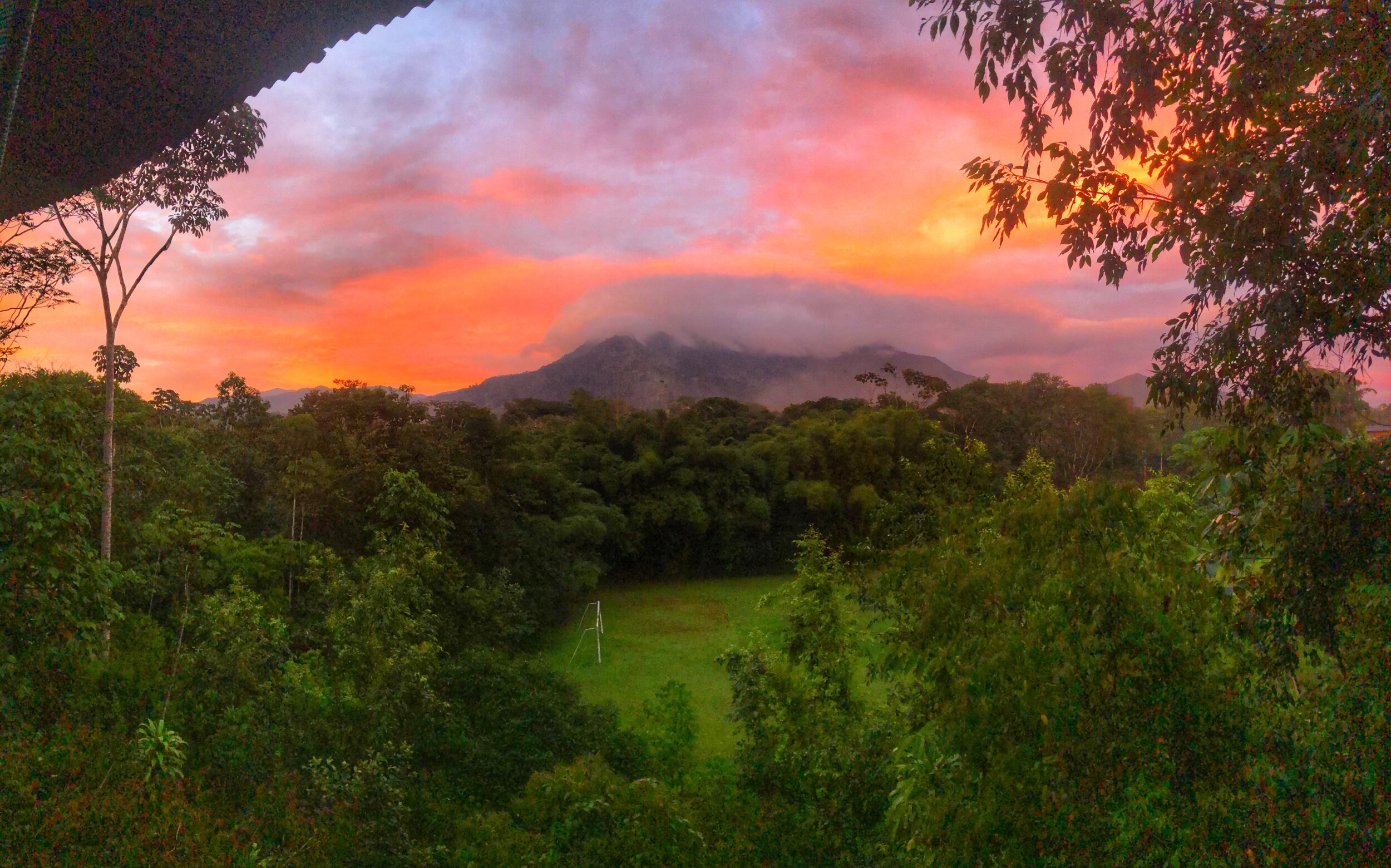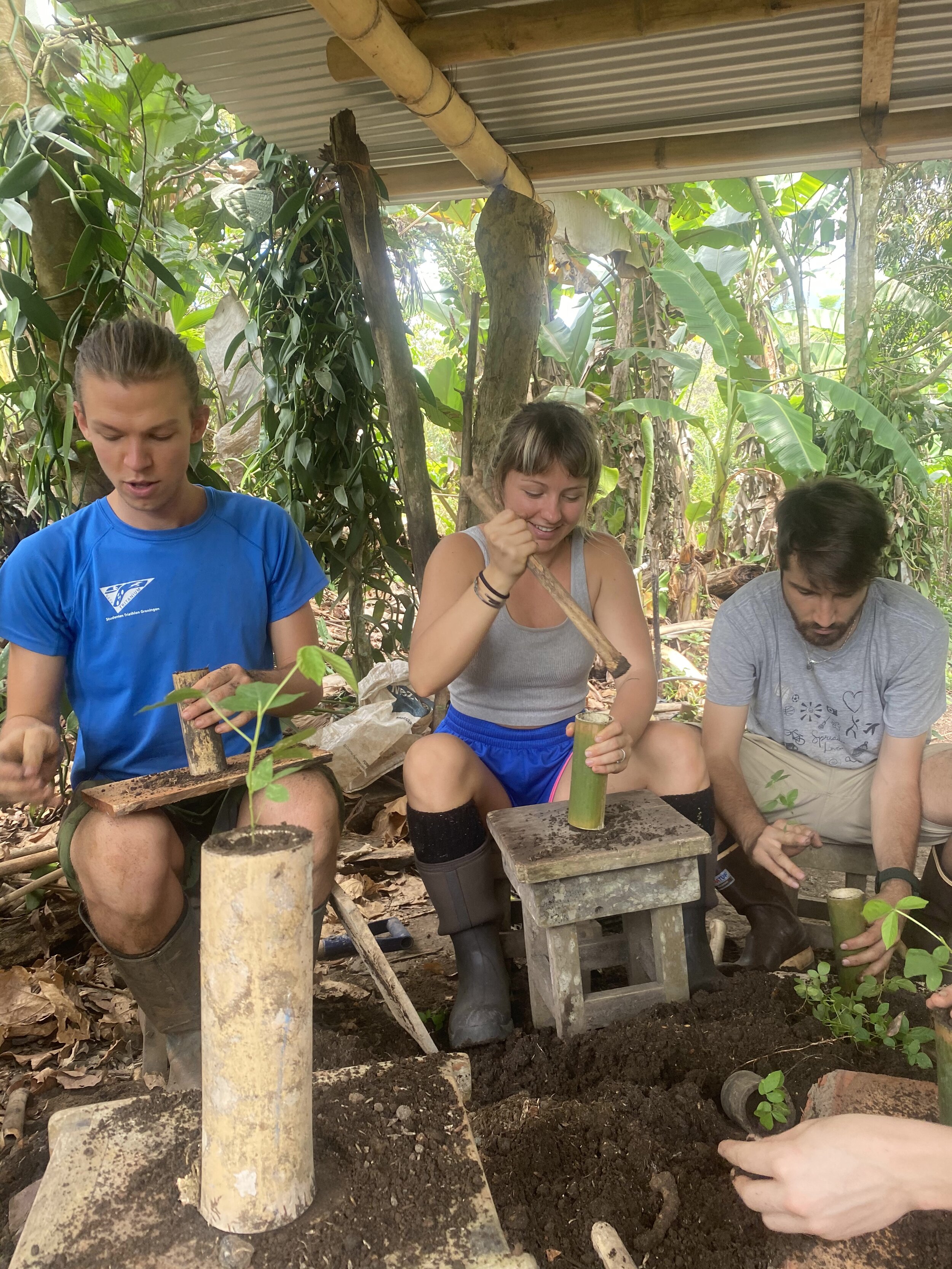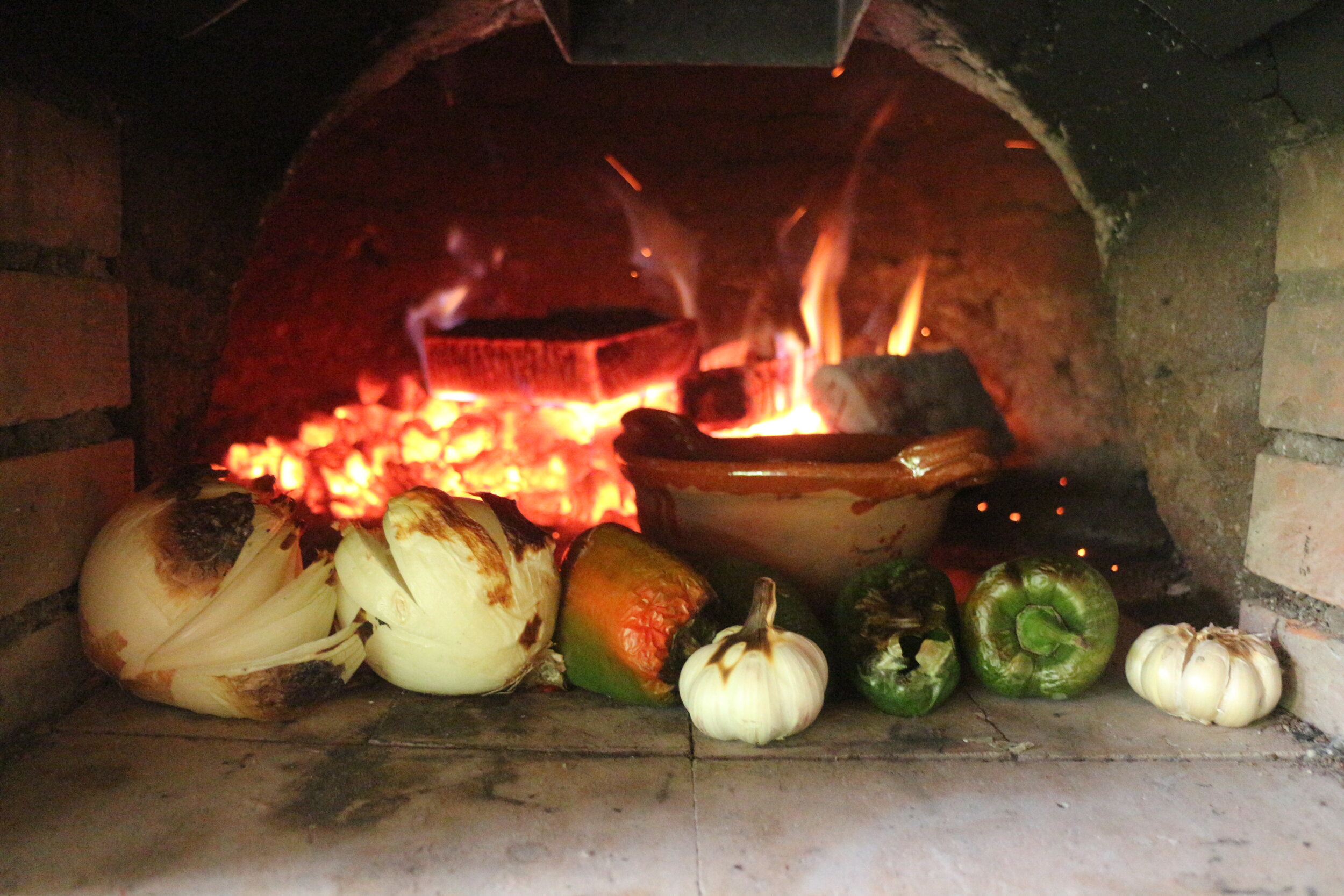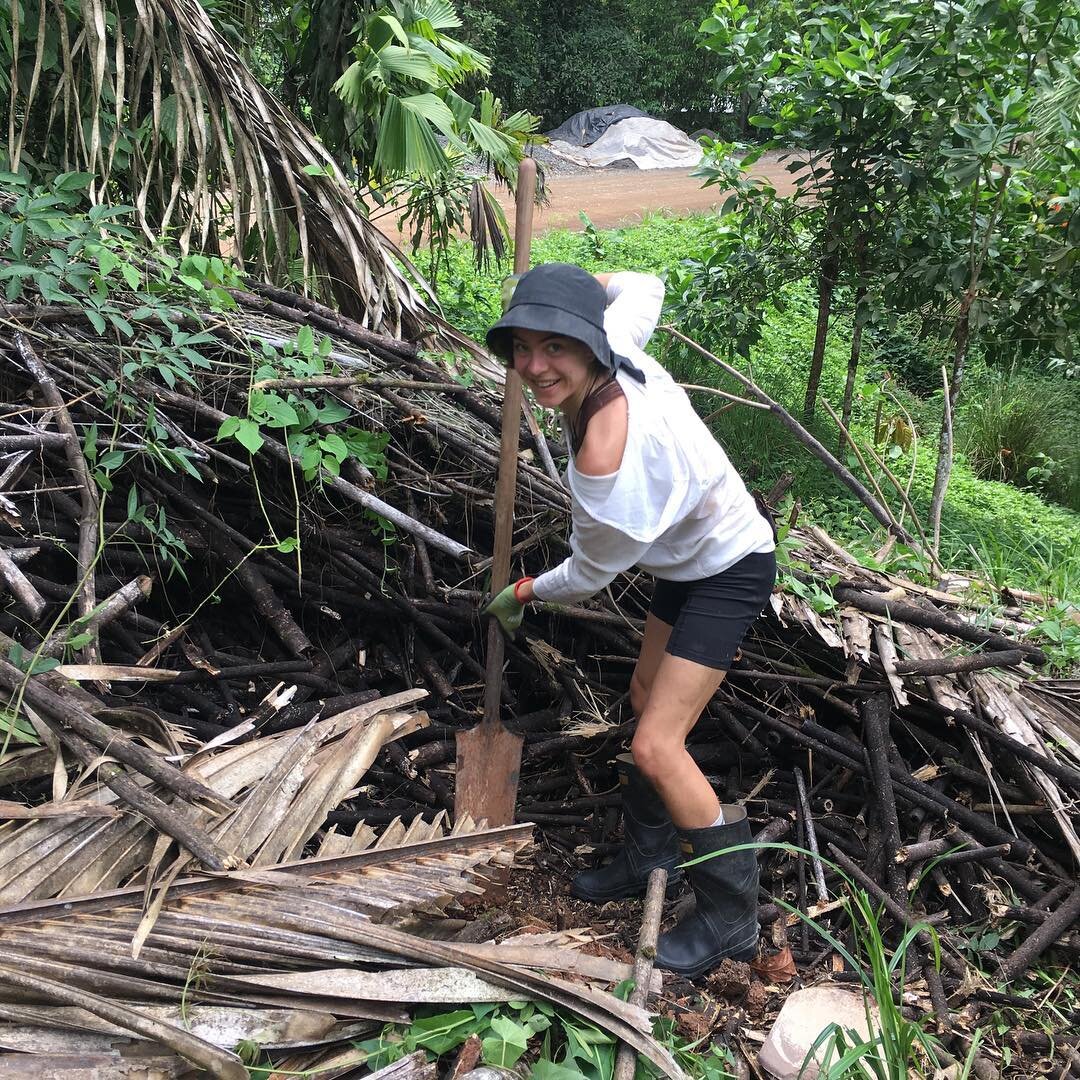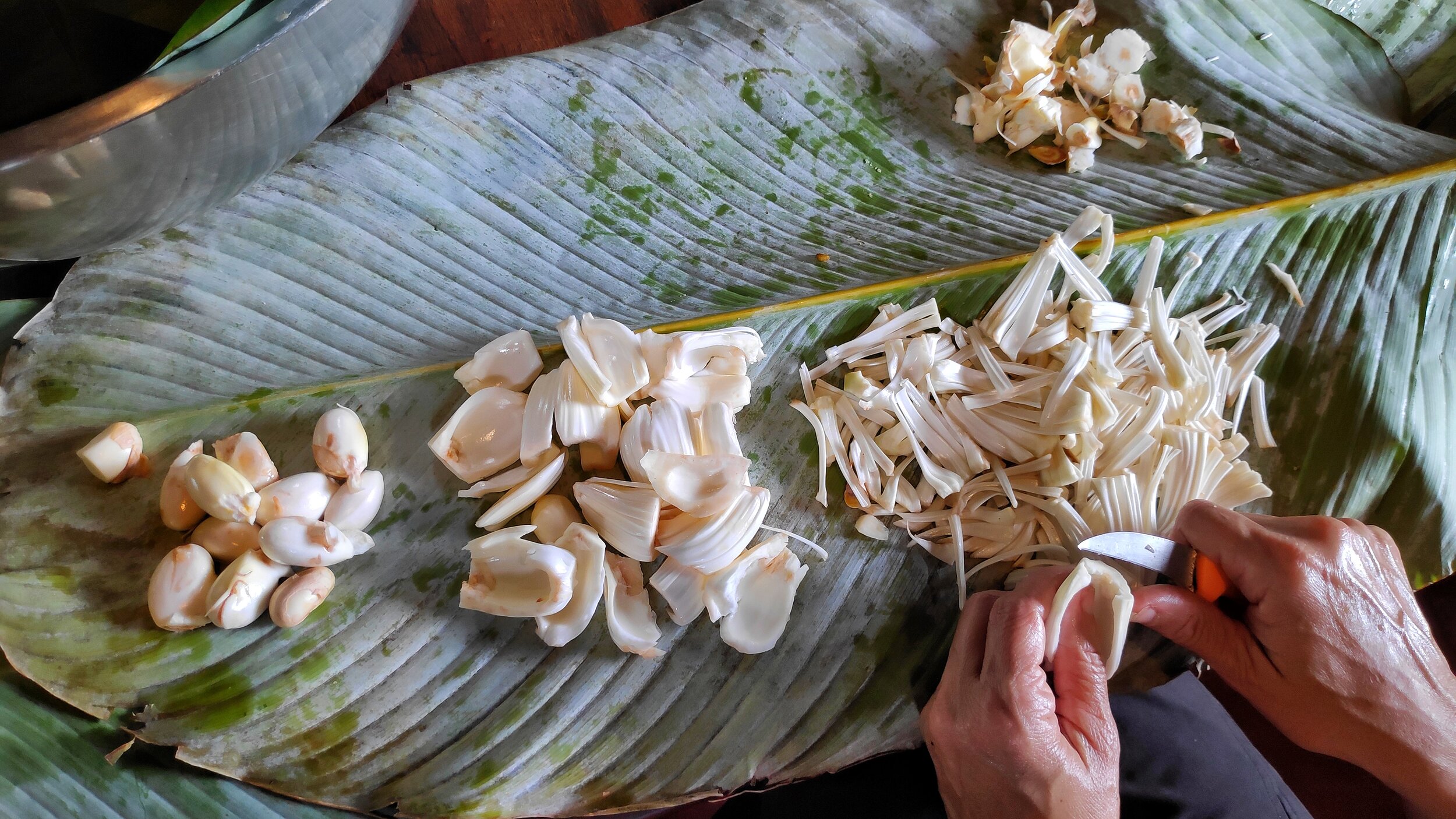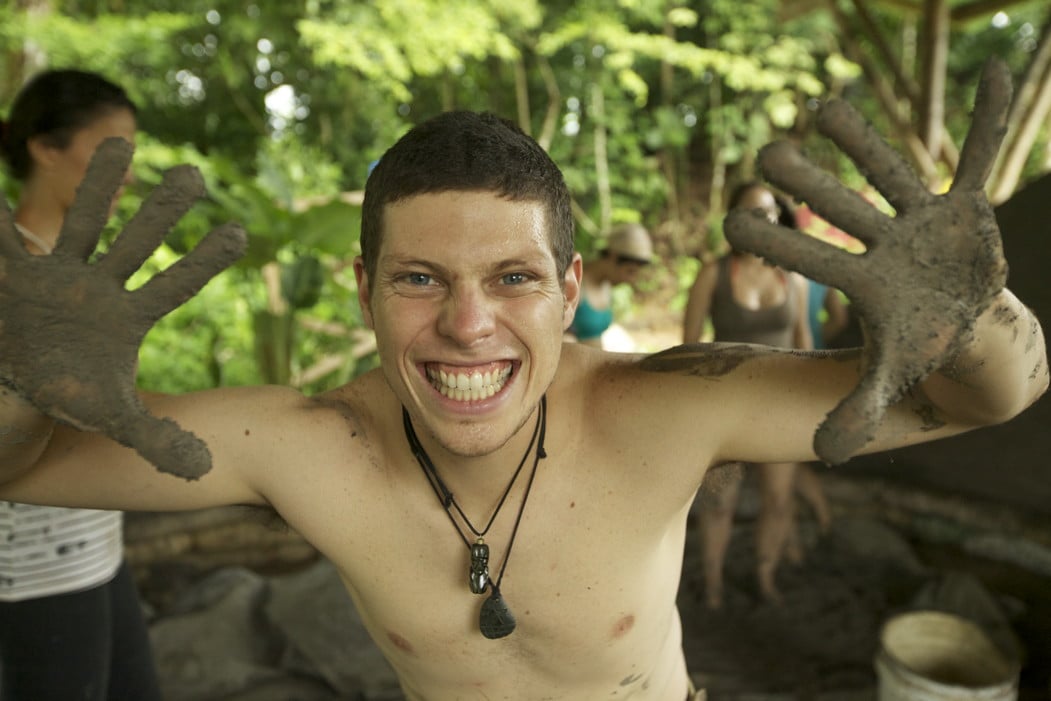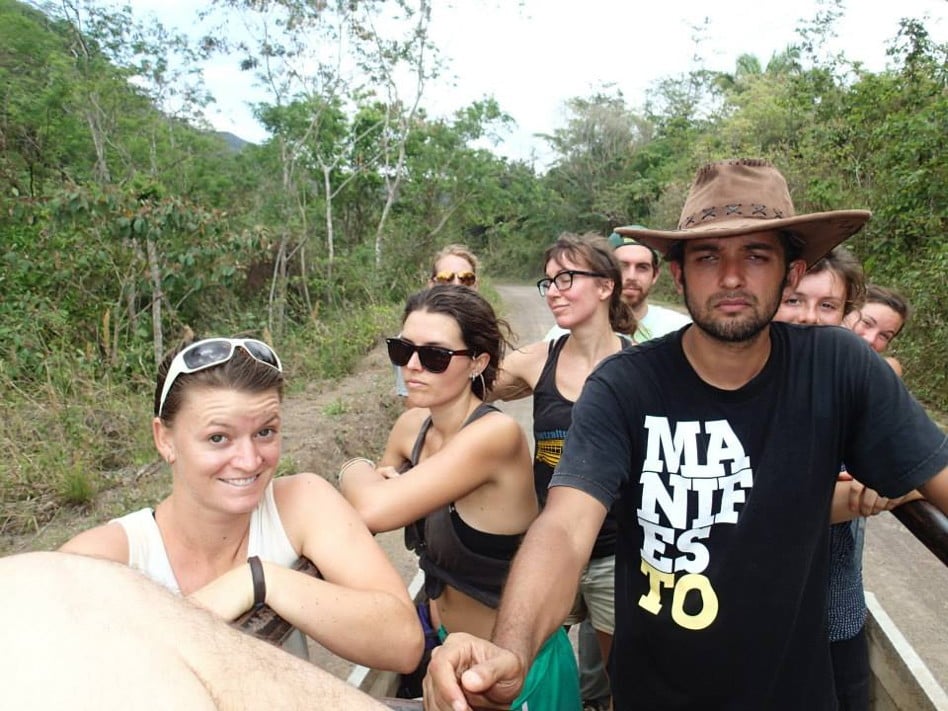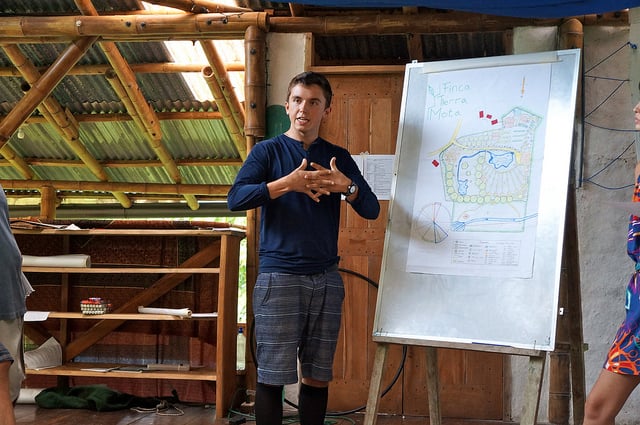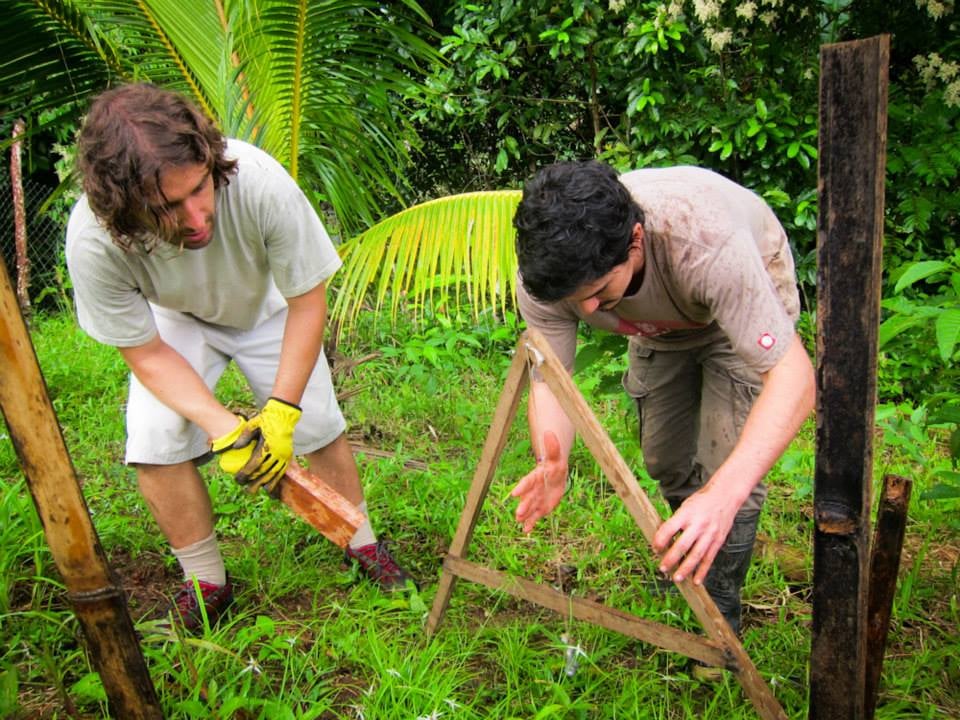Internship in Sustainable Living
PERMACULTURE, NATURAL BUILDING, & Farm to Table
August 3 - september 25, 2026
Please fill out our Internship Application if you are interested in this opportunity.
Our Internship in Sustainable Living is a 2-month full-immersion experiential opportunity for individuals interested in a hands-on introduction to sustainability practices but whom are unable to dedicate a year to our apprenticeship. For an in-depth overview of the program, please read all of the information below. We have tried to outline very clearly what we offer and what you recieve in exchange so make sure to read all of the information carefully.
This "permaculture exploration" experience is taught, organized and managed by our year-long apprentices and offers participants the chance to learn, contribute and get their hands dirty on a variety of sustainability-focused projects at the Ranch.
As this will be taught by our year long apprentices we have priced this program accordingly. Whilst we expect an excellent educational experience to be given we also recognize that our apprentices do not have the same level of experience as the core team in delivering educational programming and so interns should set their expectations accordingly. If you are looking for a world class educational experience delivered by teachers with many, many years experience you might want to consider our Permaculture Design Certficate.
Participants in the Internship in Sustainable Living live and work with amazing people at the Ranch and in Mastatal. This is an accessible opportunity to participate in a style of living that oftentimes changes people forever. This experience offers the unique opportunity to become a part of the magic and beauty of a remote area of Costa Rica, while simultaneously learning tangible skills to take back home.
Our goals for this program are to:
Empower individuals who are genuinely interested in creating a more sustainable world.
To train a supportive and hardworking group of interns to assist our apprentices during one of the quieter times of the year when there is no “core team” presence.
Provide our apprentices the opportunity to teach what they have learned over the previous 7 months using the same model as their apprenticeship training of progressive learning and daily practice of a variety of skills.
Inspire and enable individuals to continue to develop creative solutions and generate positive social change and more successfully employ sustainable practices in their lives and communities after they leave.
Introduce some of the concepts and skills we employ and teach at Rancho Mastatal.
cost
Costa Ricans ₡350,000 colones (₡175,000/month)
Other Nationals $1,500 ($750/month)
This includes all meals, lodging, full access to the Ranch and its facilities for the 2 month period.
A $500 deposit will be required upon acceptance into the program to guarantee you place in the program.
FULL payment will be required two months prior to the beginning of the program.
DATES
2026 Start Date: August 3 (arrival date August 1, rest day August 2)
2026 End Date: September 25 (departure date September 26)
CANCELLATION POLICY
Please see our cancellation policy here.
Number of positions
We have up to 5 openings for this internship.
SELEction process
We will review and accept applicants on February 16, 2026 for any applications made prior to this date. In the event that we have not filled all the positions we will review and select the final applicants on April 13th, 2026.
What you will learn
Introduction to our Instruction
We are looking for applicants who are serious about our work and who are motivated to be part of our industrious team, working towards solutions for current environmental and social challenges. We offer a unique and focused program based on experiential education and practical skill-building. Our internship offers inspirational instruction and project-based learning opportunities in the fields of permaculture, natural building, and homesteading. The following topics are sometimes part of our program, but vary year-to-year based on the interests of interns, the interests of the apprentices and the needs of the Ranch:
Permaculture
Place-based Agriculture
Tropical Agroforestry
Soil Conservation and Erosion Mitigation
Orchard Management
Soil Fertility, Compost, and Soil Amendments
Perennial Vegetable Gardening
Nursery Management
Introduction to Permaculture Design
Natural Building
Introduction to Earth Building
Introduction to Natural Plasters
Tropical architecture related to natural buildings
Farm to Table & Homesteading Skills
Culinary arts—creating nutritious, flavorful meals!
Fermentation (pickles, kimchi, vinegar, country wine, ginger beer, herbal sodas, and more)
Processing tropical tubers and starches, perennial vegetables, nuts, and fruits
Basic dairy processing, dairy kefir
Preparing medicinal herbs and spices
Processing coconuts for milk and meat
Making local flours (yucca, rice, green banana, plantain, “cuadrado”)
Using alternative cooking methods (solar ovens, rocket stoves, methane stoves, etc.)
Soap making
As you can see above, the subject areas are broad and designed to introduce basic concepts and provide an introduction to these topics. If there is an area of work that you are particularly interested in, you must contact us in advance to see if that is likely to be included in your internship. Interns are expected to join in on all activities and it is recommended that those participating in the program come in with open mind and a demonstrated interest in many or all of the topics outlined. In addition to daily work on group projects, each intern is expected to help cook, clean, and otherwise become an integral part of the Ranch team. During your time in Mastatal, you will become a part of an intimate group of individuals. It is, almost without exception, a life-changing experience for all participants.
Experiential Learning
We greatly value and adhere to the principles of experiential learning. Reading or learning about how to do something is a useful tool, but unless you practice what you have learned, it remains a tool unused. We have begun formulating a pattern language for experiential learning. Our program builds on the concepts below.
Value direct engagement. The Ranch’s experiential education programs are based on direct engagement with the physical world. We believe you can’t truly learn how to plant a tree without actually planting it. Remember that the skills you develop will be embedded in direct engagement with the Ranch’s functioning systems.
Build solid foundations. Complex systems are built upon solid foundations of simple, humble, tasks—Whilst during your short internship you are unlikely to get involved in more complex systems it is important to recognize and identify which simple tasks you are involved in which do contribute to a wider and more complicated system.
Recognize learning patterns. This program is designed to follow a sequential learning pattern of 1) learning; 2) practicing; and 3) managing. Each stage of this pattern will challenge and enforce the depth of your skill set. Be prepared to transition your skills into new settings and levels of understanding.
Own your skills. Learn something deeply enough to take with you when you go, not just use while you are here. Ask yourself frequently, what skills do I own now? What skills do I want to own by the time I leave? In the limited time I have where do I want to focus my energy?
Find the teachable moments. Learning is everywhere, and it is often most effective in the field. The Ranch apprentices will pass on new skills and information at times when they are not officially “teaching”. Take time each day to reflect on moments when you learned something new.
Learn to fail better. Not everything will go right the first time, or the second. Challenge yourself to recognize failures as opportunities to learn. As you practice new skills, practice them well—don’t repeat patterns that don’t give you the result you want.
Create solutions. In the face of any challenge, you have the power to create solutions. Community living and experiential education are sculpted by an individuals’ and groups’ ability to see themselves as solution builders.
Be a part of the whole. The Ranch facilities were built by a network of thousands of people who contributed a part of their lives to build something greater than themselves. As an intern you become a part of this larger network.
Interns will receive significant instruction and assistance from our apprentices through structured work parties and classroom lessons. We expect our interns to take responsibility for key operating activities at the Ranch. For example, harvesting food and preparing it for the community to enjoy. The projects that interns will become involved in will largely depend on the apprentices’ needs and the needs of the Ranch. We are seeking highly motivated individuals who can work effectively alone and collaborate in groups. We have a structured day-to-day schedule, but the specifics of the work within this framework change weekly. The success of this system is dependent on having proactive, motivated individuals who ask good questions and have the confidence and patience to learn by doing. It is important that you understand that this is a well-planned and structured training program. The projects that you will be involved in have been devised and planned by the Ranch community to further our goals. This program is not an opportunity for you to try out some ideas that you have read about in a book. You will need to trust and participate in the learning process that we have developed in order to get the most out of this program. If you want the freedom to plan your own workday and projects, we suggest that you look at another program.
Commitment
We expect an average of 45 hours of work per week. But keep in mind that this is not a 9-5 life, and we are all expected to contribute to evening and weekend activities (cooking, watering, cleaning, etc.) All interns are expected to commit to the full duration of the program and meet their hourly requirements no matter the desirability of the assigned work or group activity. Our community structure depends upon your commitment to stay through the entire program. We have spent a lot of time devising the schedule and planning the program.
Please come with an open mind, a lot of energy, a chunk of tolerance, a sense of adventure, and most importantly a positive attitude. The latter will be the key to having an amazing experience while living in a wonderful village on the edge of the rainforest.
We expect that interns will be onsite for the entire period of their internship. Please make sure you come prepared to fully immerse and commit for this time. If you are planning on travelling before or after and will be in Costa Rica for more than 180 days, make sure that any visa renewel travel does not interfere with your internship schedule.
All incoming interns must be at the Ranch at 6:30 am on the first day of the Internship.
Visa Requirements
When you enter Costa Rica, you will be required to present proof of onward travel. This is a copy of a plane ticket that shows you will be exiting the country within 180 days.
Daily Schedule
In order to help you picture what a typical day looks like in Mastatal, here is a sample daily schedule:
6:00—6:30: Wake up, stretch, yoga, read, etc.
6:30—7:30: CC Skills shadow
7:30—10:00 : Work Party, farm work, projects (ex: digging a swale, building a cob wall, harvesting taro)
10:00—10:30: Brunch
10:30—10:45: Morning meeting: organize the day, choose projects, general communication
11:30—2:00: Work Party, farm work, projects (ex: digging a swale, building a cob wall, harvesting taro)
2:00—6:30: Free time - e.g. helping cook, reading, continuing on with a project, games, sports etc.
6:30—7:30: Dinner
Once a week we have Community Check-In. This is an essential element of living in community and provides a place for the whole community to meet and discuss anything all together. The weekends are often more open for interns with the exception of cooking and cleaning shifts, CC Skills, and occasional hospitality duties.
Free Time
In order to ensure everyone in our community has time to rest, explore a neighboring farm, research, finish a project, wash clothes, write, practice yoga, etc., we have allocated ample time free time. This is your time to meet your personal needs. This is also time meant for you to focus on reaching your own personal and professional goals for your time here.
Caretaker Season
For approximately three months of the year, August through November, some or all of the Ranch Core Team will NOT be on site. This is dependent on group scheduling. The intern crew will be assisting our apprentices in the management of our site and its systems. During this time the apprentices will be in charge of the Ranch. We have been training apprentices to manage the Ranch in our absence for over a decade and are confident that following their intensive training, they will be able to provide you with an equally high standard of training so that together you can thrive during the caretaker season.
Play
We love to work and play in Mastatal and do our best to balance the two. We try to recreate multiple times per week and commonly head to the rivers on weekends. If you like to play Ultimate Frisbee or soccer, you may want to bring appropriate footwear. And, if you like ping-pong or Scrabble, you may want to brush up on your game before your arrival. Yoga practitioners are highly recommended to bring their own mat and other equipment though we do have a few mats that are available for sharing.
The Ranch Apprentice Team
You will be directly engaging everyday with the Ranch Apprentice team. For complete bios of our Apprentice Team as well as our “Tico Team” please see our website here.
Expectations
What Makes a Good Intern
While we are not looking for any specific skills per se, it is extremely important that all applicants understand that we work hard at the Ranch. We are looking for industrious, conscientious, mature, and diligent individuals who enjoy long days and putting their nose to the grindstone. This will likely be some of the hardest, albeit most rewarding, work of your life. We are looking for individuals that want to immerse themselves in our project. If you are not willing to spend the entire two months on site, then this is not the program for you.
We look for individuals who:
can balance work and play.
trust in our programming and are willing to partake in all activities
are flexible with positive attitudes about life and work.
are adventurous and can enjoy life in a rural setting.
are tidy. This essential characteristic makes communal living a much more positive experience for all involved.
are able to be present at the Ranch during the entire program.
have organizational and time-management skills.
are prepared to be a morning person.
are patient in the learning process and understand that two months will only provide an introduction to many of the subject areas and will be delivered by inexperienced educators.
are physically, mentally, and emotionally fit. Being able to match our pace is extremely important. We need high energy people. If you would not describe yourself as high energy, whether due to physical illness/limitations or a personal decision, this may not be the right experience for you. If you are going through a major life change or a challenging time in your life, this experience may not be suitable for you at the moment. Your health, attitude, and mindset greatly affect the entire Ranch community. None of this should imply that you must be at the peak of physical fitness or that all in your life is perfect, but rather you need to be ready for an intense experience requiring your full physical, mental and emotional attention.
are willing to learn and delve into projects and can give the same energy and dedication to washing dishes as you would to planting trees.
What the Ranch is NOT
While our project is incredibly diverse and encompasses much, it is important to know the services that we do NOT provide and the culture we are NOT trying to create.
We are not a Spanish school. There are ample opportunities to work on your Spanish, but this is not one of the Ranch’s overriding objectives. For those looking for formal instruction during their stay, there is a Spanish school in town and lessons can be organized during free time. For those desiring to speak a lot of Spanish during their time in Mastatal, you will have to be disciplined, get out into the community, and seek out the plethora of opportunities that exist in and around Mastatal.
We are not a hostel, nor located in a party town. We are a home and a community. While we certainly enjoy a good time, we will not tolerate individuals who treat our community as something other than their own and our home.
We are not a “wellness retreat center” nor a holistic mental health clinic. As stated earlier, if you are not in a good state of mental or physical health, this may not be the best program for you. Much of our work centers around health but our mission does not include providing a space and the time for intense healing work.
We are not a temperate climate vegetable farm. When we use the words agriculture and gardening they are based in this place. Consequently you will not find tidy rows of organic vegetables, but rather a farming system matching our topography, climate, and culture.
We are not a self-sufficient farm nor do we aim to be. Our goal is to foster a rural economy, support local farmers and try to redistribute the wealth that foreigner visitors and guests bring to our small community.
We are not a community development program. We greatly value our community in Mastatal and over the years we have engaged in many rural development projects. It is unlikely, however, that during your short time at the Ranch that you will participate in any organized development project as your program is full with other types of learning.
We are not vegan/vegetarian. We respect all people’s dietary choices but for interns and apprentices who are coming to the Ranch for long periods, we expect you to conform to our dietary choices which we believe are well considered, ethical and suitable for our location.
We are not a “personal project testing center”. You will not be allowed to invent your own projects and carry them out. The Ranch is an experiential learning center and education will be guided by the apprentice team in topic areas that we believe will have the most impact and in projects that we have identified as the most likely to result in success.
We are not funded by wealthy benefactors. This means that we have to balance the needs of the business with the needs of the community to create a harmonious, safe and enjoyable experience for everybody.
living at Rancho Mastatal
Community
The Ranch is a strong, cohesive community made up of local employees, the founders, residents, apprentices, groups and other guests. The setting is quite rural and interns have limited access to travel and many modern-day amenities. Community living at the Ranch can be an intense experience. We live in a shared space and eat, work and spend free time together. Being a part of our community requires tolerance, patience, respect, and an openness to new ideas and perspectives. Acceptance to this program involves a commitment to collective responsibility – going the extra mile to assure that all works well.
Our lives here are not compartmentalized. We live, work and play in the same spaces. This can be extremely different than “normal life” and something that you must be prepared to embrace. Success in the internship requires a commitment to this process and willingness to challenge yourself.
If you are not meeting our expectations for whatever reason, we will talk to you in person and we would expect you to approach us if we are not meeting your expectations. In order for everyone to get the most out of this experience, open and honest communication is absolutely essential. Do not expect people to read between the lines, interpret your behavior etc… you need to learn to express your needs so that we as a community can work together to meet everyone’s needs.
Substance Policy
The “cantina” is one of the social centers of Mastatal, especially for local males. It is a good place to meet people and practice Spanish but we ask that you don’t go after dinner. Our community, like many other rural towns around the world, struggles with problems of alcoholism and alcohol-related issues that we do not want to exacerbate.
Due to our location in the center of town, the student groups who use our facilities, and the unpredictability of illegal drug use in our small communities, we maintain a no drug policy at the Ranch and within the town. This is not negotiable, regardless of your personal beliefs, Marijuana, magic mushrooms and other drugs are illegal in Costa Rica. Please do not grow, purchase, sell, use or store drugs in town or at the Ranch during your stay here or you will be asked to leave. Please keep in mind that you are being welcomed into a small community and that your actions will have a great impact, either positive or negative, on the people with whom you interact. These are very important issues for us that will be discussed in more detail upon arrival. If you are a regular smoker of marijuana or causal user of other drugs we ask you to consider long and hard if you are able to go 2 months at the Ranch without consuming these drugs.
Hospitality
We host many groups, workshops and guests throughout the year. As an education center this is how we earn a livelihood and is the primary focus of our work. Interest and desire in engaging visitors is essential for interns. When groups are on site, which is rare during the internship, we can have up to 30-40 people on site. The time period that interns are at the Ranch is a low part of the season and the amount of groups and workshops taking place at this time are limited. For more information about upcoming classes and our schedule please see our Course Calendar.
Interns are expected to participate in basic hospitality chores such as answering questions and giving directions. It is important to understand that most Ranch space is considered community space, and a tolerance of people of all ages, lifestyles, etc. is mandatory.
The Kitchen and Food Preferences
The kitchen is the heart of the Ranch. As an education center we rely on groups and guests as our primary source of income, and feeding these hungry mouths is a principle activity. Lunch and dinner will be cooked for everyone at the Ranch by our local cook from Monday through Friday. There may be times, like holidays or due to the presence of a group, that this schedule will change and we will strive to keep everyone up to date. All interns are actively trained in kitchen basics and are expected to take a role in some of the meal preparation. This is one of the fundamental components of communal living at the Ranch. In general we find that most weeks everyone is expected to participate in 1-2 cooking shifts and 3-4 cleaning shifts, which includes weekend shifts. This is an incredible opportunity to become comfortable in a quick-paced kitchen, filled with amazing ingredients, cookbooks, and history. It also means that most days of the week, all you have to do is arrive at meal time and enjoy.
A large percentage of the food that we eat at the Ranch is sourced from local and regional farms or grown on site. Almost all of our grains and legumes (rice, corn, and beans) and our roots, tubers, and tropical starch crops (yucca, taro, plantain, green banana, “pejibaye”) come from farms within 10 kilometers. All our milk, cheese, and other dairy products are made at the Ranch, or by our neighbors. Generally, most of our salad greens are grown at the Ranch. We also produce an increasing amount of our own spices, herbs, nuts, and fruits. Any eggs and meat products we eat come from neighbor’s farms. Though we eat eggs daily, meat is generally only consumed once a week at most. The vast majority of our meals are cooked with regionally-sourced lard (pig fat). This is not negotiable. If you would rather not have lard used as your cooking oil, Rancho Mastatal is not the correct place to do your internship.
It is important to let us know in advance if you have any dangerous food allergies. Our kitchen is small and in almost constant use. We source food from individual farmers on a seasonal basis, and there is no supermarket in town.
Health, Safety and Acclimatization
In general, Mastatal is a very safe place. However, there are general health risks you should be aware of including venomous snakes, lightning, working with machetes and sharp tools, insect bites, skin infections, and allergies. The most common health issues are skin infections and allergies. All of these risks can usually be prevented through common sense and paying attention to safety information. Wearing long pants and long sleeves while working in the orchards helps too.
Mastatal is 2-3 hour drive from the largest city and capital, San Jose and major hospitals. In the case of a non-life- threatening/serious medical condition/situation you will have the option to leave on the next bus (once a day) or hire a taxi. Rancho Mastatal will NOT be able to drive you to a doctor/hospital in these non-emergency situations.
In the case of a life threatening/serious medical emergency we will call the Red Cross ambulance and/or evacuate you in our vehicle (assuming that it is on-site and in good working order). In the case that we use the Ranch’s vehicle, we kindly ask you to cover the transportation expense (approximately $100 for gas and maintenance).
Each intern will be responsible for putting a plan in place if they have to stay in the hospital for multiple days. We will help you in every way that we can though we will not be able to stay with you at or pick you up from the hospital. We can help arrange and coordinate taxis when necessary.
Accommodations & Amenities
Interns are provided a comfortable double bed in the Hankey House. Showers and composting toilets are located nearby all structures. The structures also have grid electricity and running water.
There is an automatic washing machine in the Hankey. To access this machine we ask that you pay a one time $5 fee. Interns need to coordinate to organize who has access to the machine on which days. We recommend washing your sheets once a week to keep them mold free. You will need to purchase (or make) your own laundry detergent.
Interns have access to a 300-acre wildlife preserve, with many kilometers of hiking trails, and multiple swimming holes and waterfalls. The Main House features an amazing and extensive library open to use.
We invest in books yearly and our library has numerous texts and resources for permaculture, natural building, homesteading, etc.
Communication
There is no WIFI at the Ranch though there is a local internet cafe in town nearby that has a relatively fast Starlink WIFI connection. Their rates are reasonable. There is also a slow 3G signal with KOLBI and there are some spots where you can find service around the Ranch property. Please come with an activated Kolbi SIM card if you would like service while in Mastatal or plan on using the local internet cafe and taking a break from your messages and inbox.
Please come prepared to unplug. Unfailingly, interns who are excited to turn their phone off, ignore Facebook, and be present, adapt much quicker and better to life in Mastatal and ultimately have a more transformative experience. The Ranch has an office phone that can be used to make free local calls. You can also receive calls at this number, but only during times that don’t conflict with our normal business hours.
Our Surroundings
The area in and around Rancho Mastatal contains some of the most pristine terrain left in Puriscal County. The rivers that flow through this region provide the surrounding communities with their potable water. For this reason, interns are expected to adhere to the following simple rules.
Pack out what you bring in. One of our aims is to produce as little garbage as possible from our activities. Please minimize the amount of plastics, glass and other non-compostable material that you bring to the Ranch.
If possible please bring only natural, biodegradable soaps, toothpaste, shampoos, conditioners, deodorants, lotions and bug sprays.
Bring your own water bottles. The water at Rancho Mastatal, as well as many parts of Costa Rica is potable. There is no need to buy bottled water while here.
What to Bring
Remember that you’ll be living in the tropics. Often you can get by with a pair of shorts, a t-shirt, and some Crocs. However, for agricultural work you will also need high socks and long sleeve pants and shirts.
We tend to get pretty dirty during the workday so please make sure that you bring work clothes you aren’t attached to. ALL of your belongings WILL get stained, torn, moldy, etc. Most important for us is that you bring a super solid work ethic and a positive attitude.
Essential Checklist: (* These items can also be purchased in country, but not in Mastatal.)
A high quality, bright flashlight. If your flashlight is not rechargeable, plan on replacing batteries every month so please make sure to take them home with you afterwards for disposal as that is not possible in Mastatal.
Lightweight long work pants (in general lightweight, quick-dry clothing is very useful down here)
Lightweight long-sleeved work shirts, 2 pair
Work shorts, 2 pair
Long, knee high socks, at least 2 pair
High rubber boots (wellies)*
Crocs* (much better than flip flops in wet conditions and easy to slip on and off)
Umbrella* (it will be the rainy season)
Sneakers for hiking or running around
A watch with an alarm* (being on time is important)
Sunglasses* and sunhat
Shorts and short sleeved shirts or tank tops for work, play, and hanging out
Water bottle, 1 or 2 and
To-go mug (if you like coffee)
Towel (quick dry)
Combo lock or suitcase padlock
Toiletries, biodegradable if possible
Swimsuit/swimwear
Surge protector for electronics
Work gloves
First-aid supplies (bandaids, anti itch cream, rash cream, surgical tape)
Two sets of sheets (fitted and flat and pillow cases) for a double bed
Enough cash for your entire stay in Mastatal (the nearest ATM is a full day trip away from the Ranch)
Warm jumper/sweatshirt
Any medication or personal care items that you need
Other optional things to consider: (* These items can also be purchased in country, but not in Mastatal.)
Favorite games
Cleats for soccer or Frisbee
Comfortable indoor shoes (especially for cooking shifts)
Rain jacket or poncho (though umbrellas are superior in this climate in our opinion)
Notebooks, journals*
Pens, pencils, art supplies*
P-Style for females
Smaller daypack for use at Ranch and for outside trips
Nice outfit for community events (dances, fund-raisers, etc)
Diva/Keeper cup for females
Flip flops (BEWARE- tend to break in slippery conditions)
Camera
Laptop (Be aware that humidity, electrical surges and insects can be harsh on electronics)
Thumb drive or external hard drive*
Unlocked cell phone with Kolbi chip purchased in country*
Music device (phone, MP3 player)
Favorite instrument
Mosquito net (rated for midges, 400 holes per inch Skeeter brand)
Machete with case*
Portable speaker for use during work parties
Items the Ranch Provides:
Pillows
Blanket
What NOT to bring:
Nice leather goods
Camping equipment
Expensive jewelry or other flashy items
Anything irreplaceable item as the tropical climate is harsh of belongings
Pets
Deadlines for the Application Process
The application deadline for the internship is two months before the official start date, though the earlier you submit your application the better. Applications are accepted on a rolling basis and spots fill as solid candidates are identified. Once your application is submitted we will let you know about available space. We will notify selected interns as soon as possible. In some cases it may take several months. Feel free to contact us during the waiting period to inquire about the status of your application. We have five spaces available. You can apply for positions as a couple.
You may be able to arrive before the beginning date but should contact the Ranch to arrange this ahead of time. We hope that you will arrive ready and motivated to hit the ground running
Costs
A deposit will be required to secure your spot and full payment will be required before your arrival or in cash on your first day. If interns decide to leave early, money cannot be refunded unless there is an exceptional reason. Please make sure that this is the correct program for you before applying. We spend a lot of time preparing and planning your internship with apprentices and once you have decided to come to the Ranch, we expect you to stay.
Much of the interns’ needs will be met while at the Ranch, including all food, lodging, unlimited access to our wildlife refuge, library and facilities, and much more.
Other Expenses
It is important that you fully understand the financial commitment you are making beyond the internship program costs. You will incur additional expenses outside of the internship cost. You should have a budget prior to your arrival. These expenses commonly include the following: flights, travel before or after the program, chocolate from our neighbors, internet/phone use, alcoholic beverages from the bar, supporting community fundraisers such as bingo nights and dances, public transport, and extra personal items you may want/need such as toiletries, etc.
What Does Your Internship Fee Go Towards?
As listed below, this contribution covers basic program expenses such as food, lodging, basic amenities, project materials, etc. The Ranch is not a typical, production-based WWOOF farm. Your labor does not directly offset the cost of for-profit farming activities. Your labor is mainly to gain direct experience for learning purposes and in exchange for a life-changing educational experience that we offer at a fraction of the price that it would cost someone seeking a conventional educational experience today.
We are dedicated to having a positive impact in our local economy. That means employing a local staff and purchasing foodstuffs and building materials from regional families and farms when at times it would be cheaper to source from elsewhere. Low-cost imported and irresponsibly-sourced goods are detrimental to rural communities such as ours, and we are committed to be part of the revival of our local economy. Our principle expenses (data from 2019) are broken down as follows:
36% Local employee wages and health insurance.
1.4% Farm expenses such as seeds, trees, tools, transportation, etc.
7.2% Hospitality overheads such as laundry, toilet paper, cleaning supplies, etc.
13% Salary of instructors for workshops, courses and apprenticeship.
7% Construction and building maintenance materials.
2% Car maintenance.
13.9% Administration costs such as taxes, legal fees, accounting, etc.
15.5% Food, sourced locally whenever possible.
Payment
Please see the payment page for all payment options.
apply
Please fill out our Internship Application if you are interested in this opportunity.

